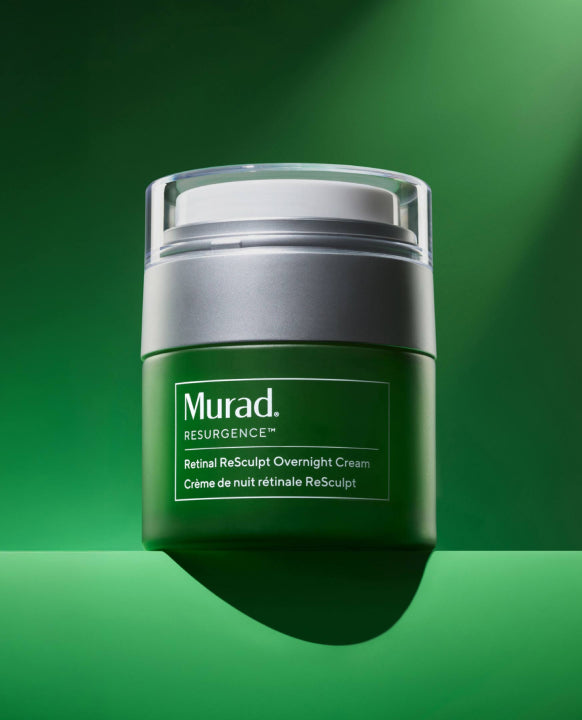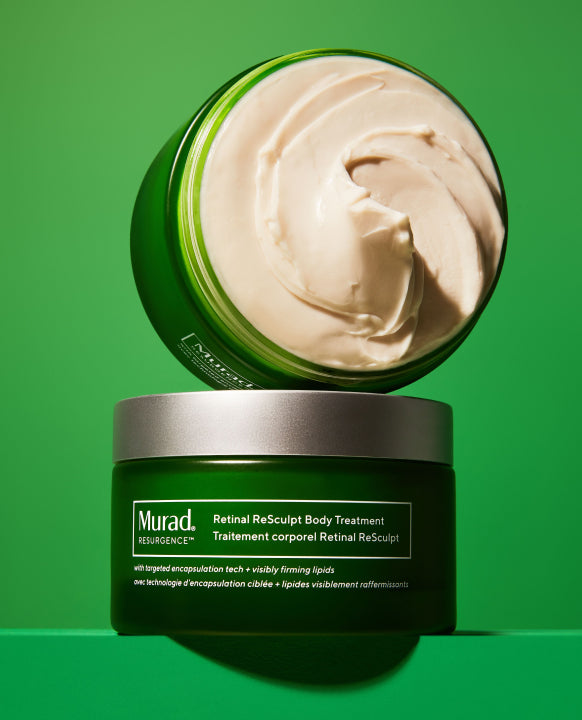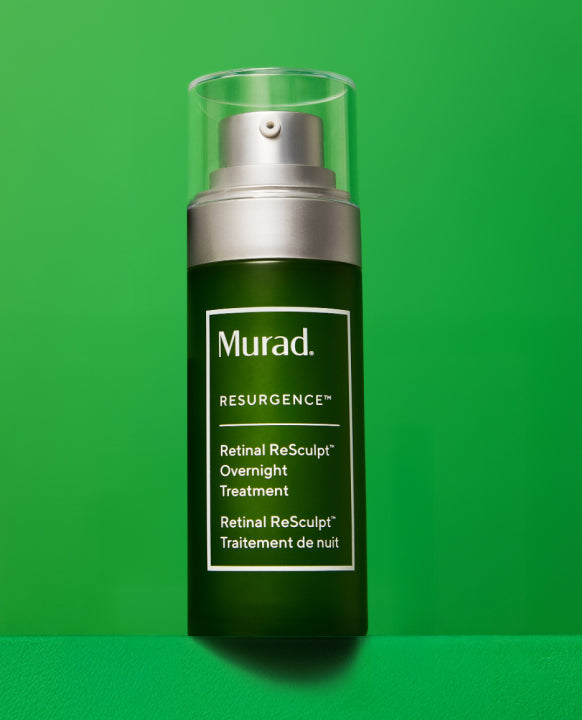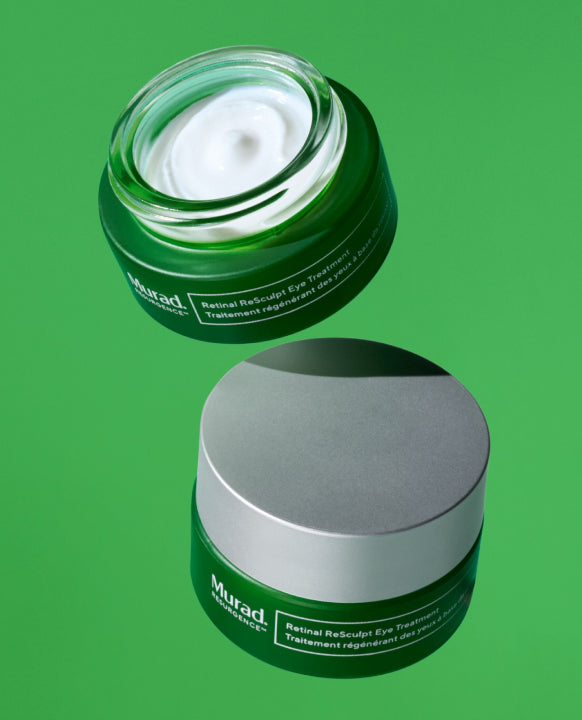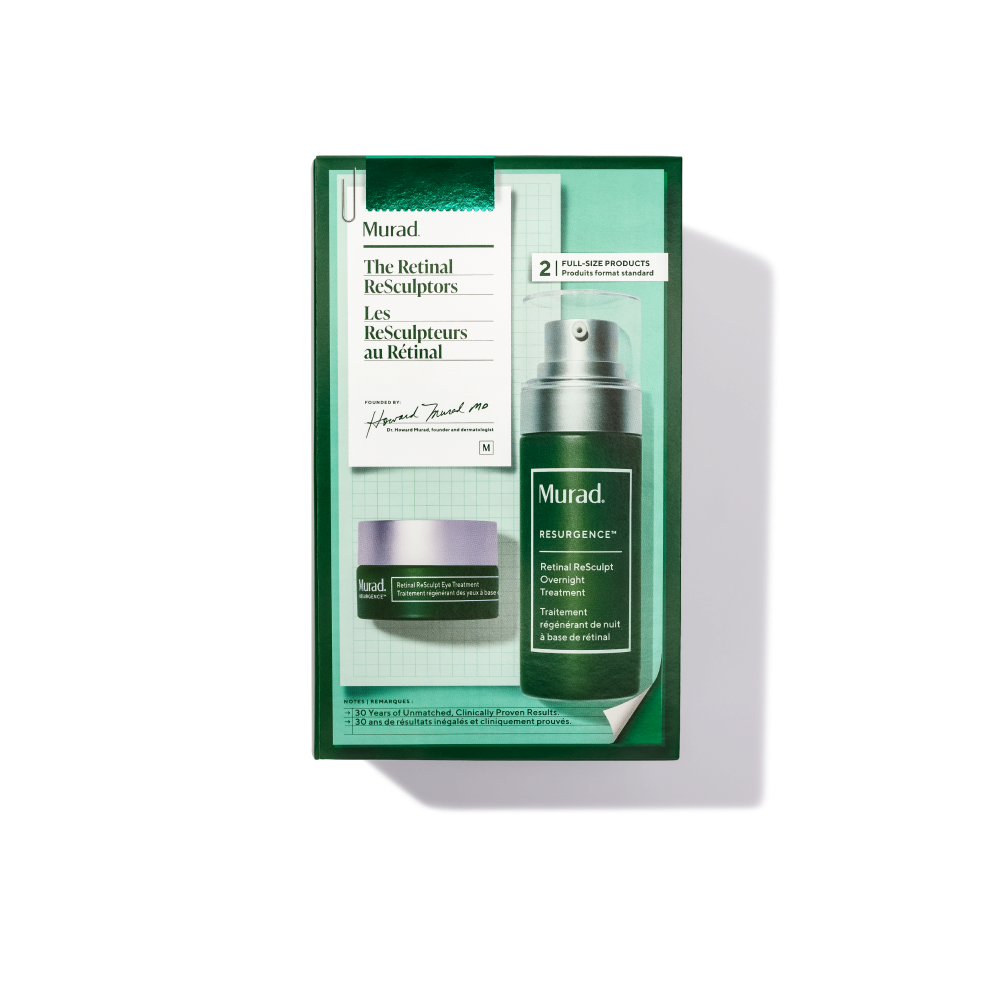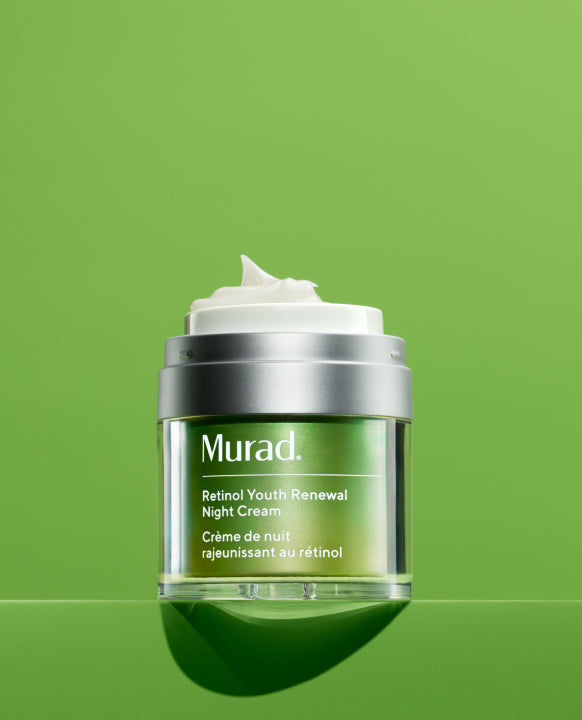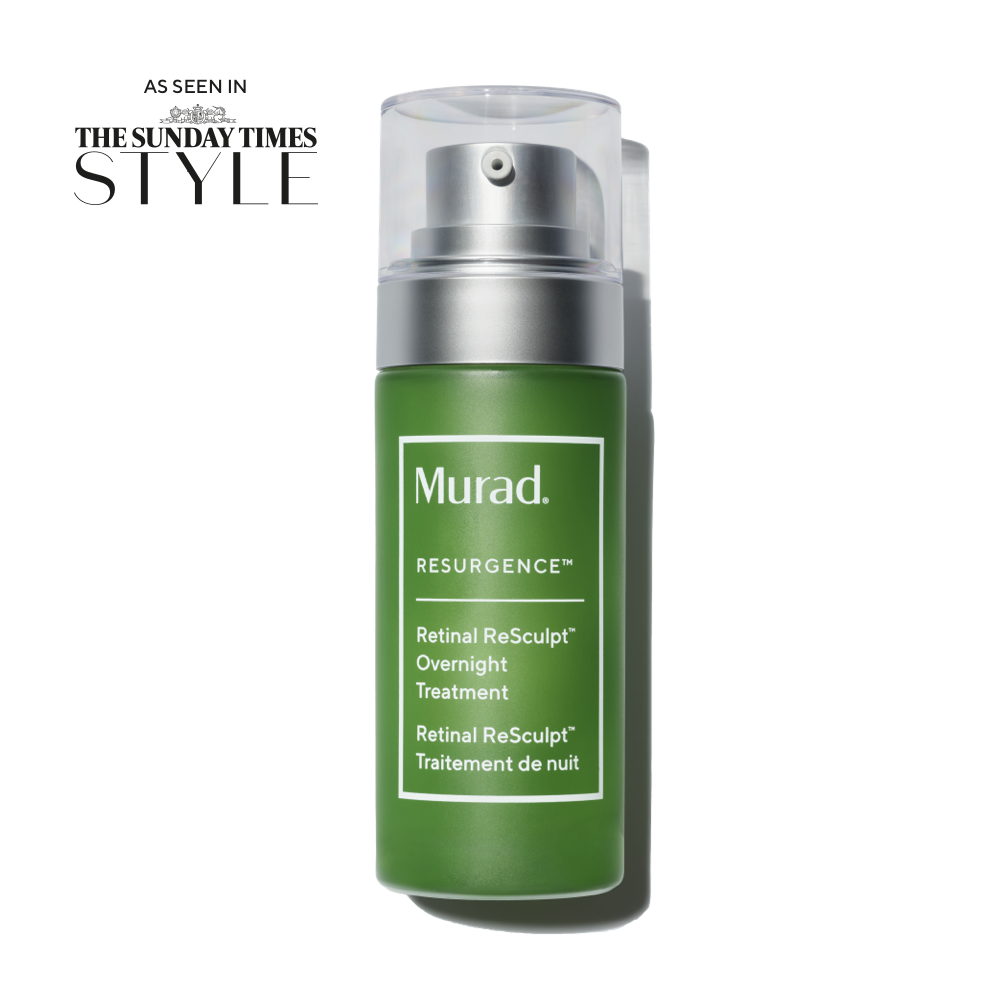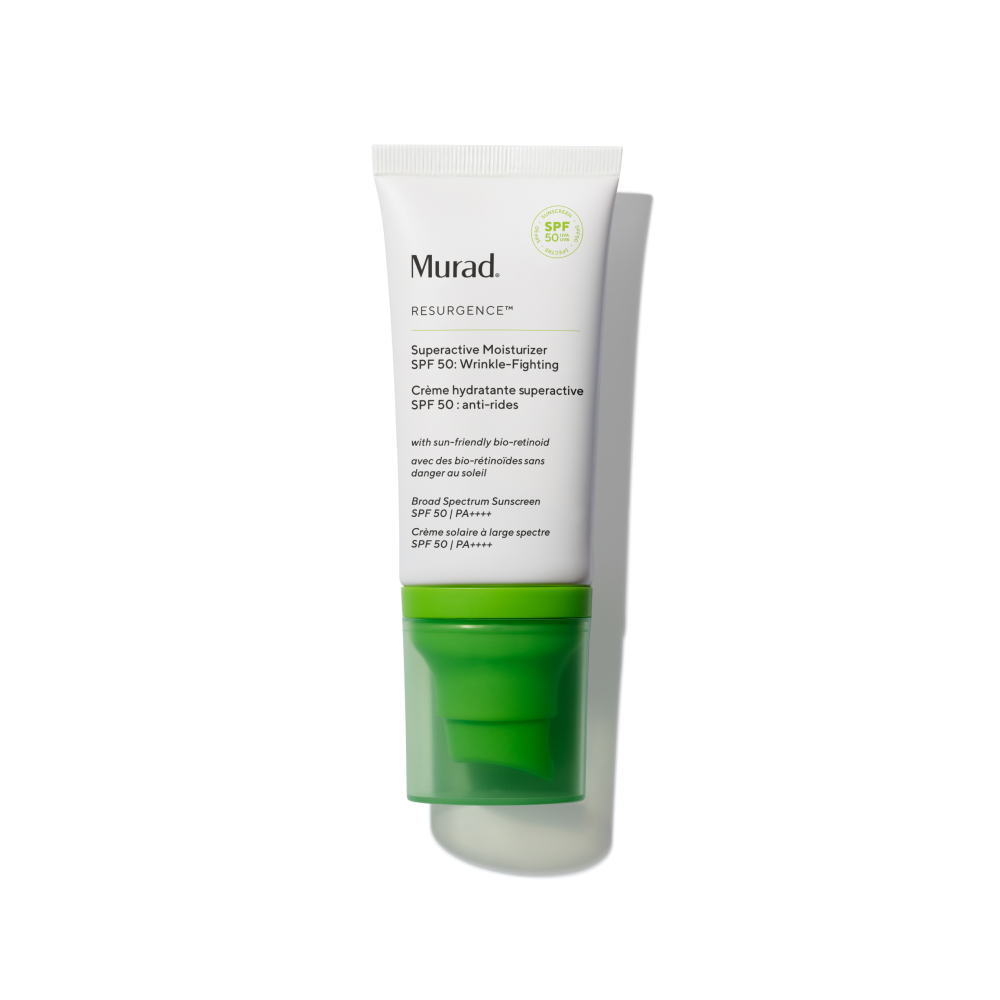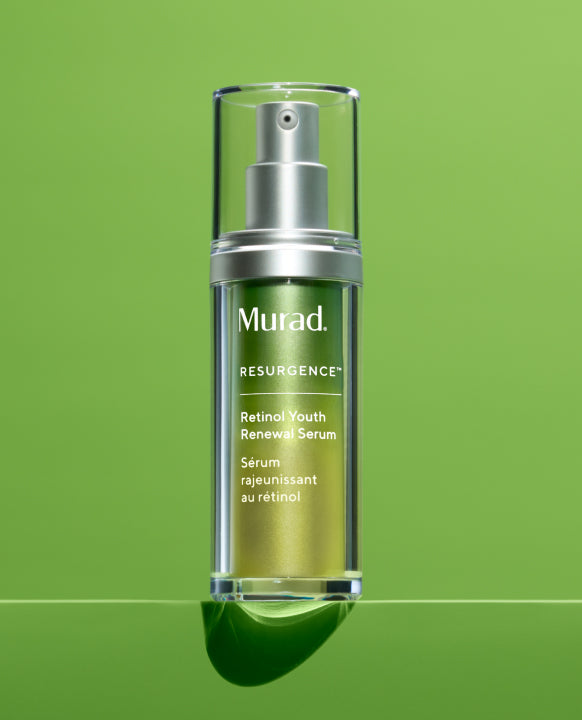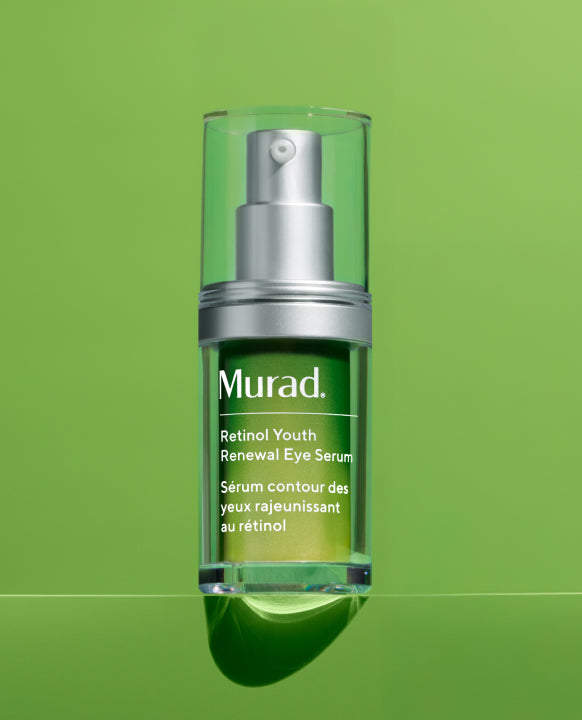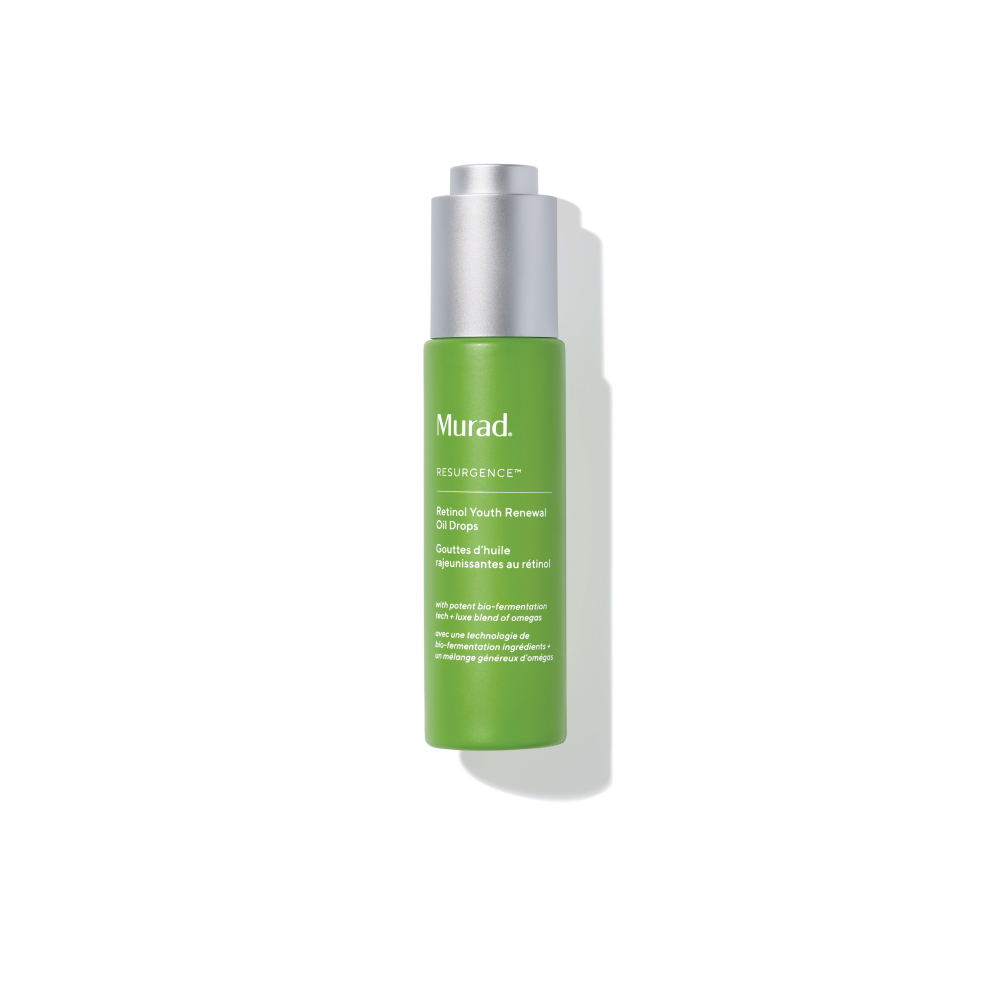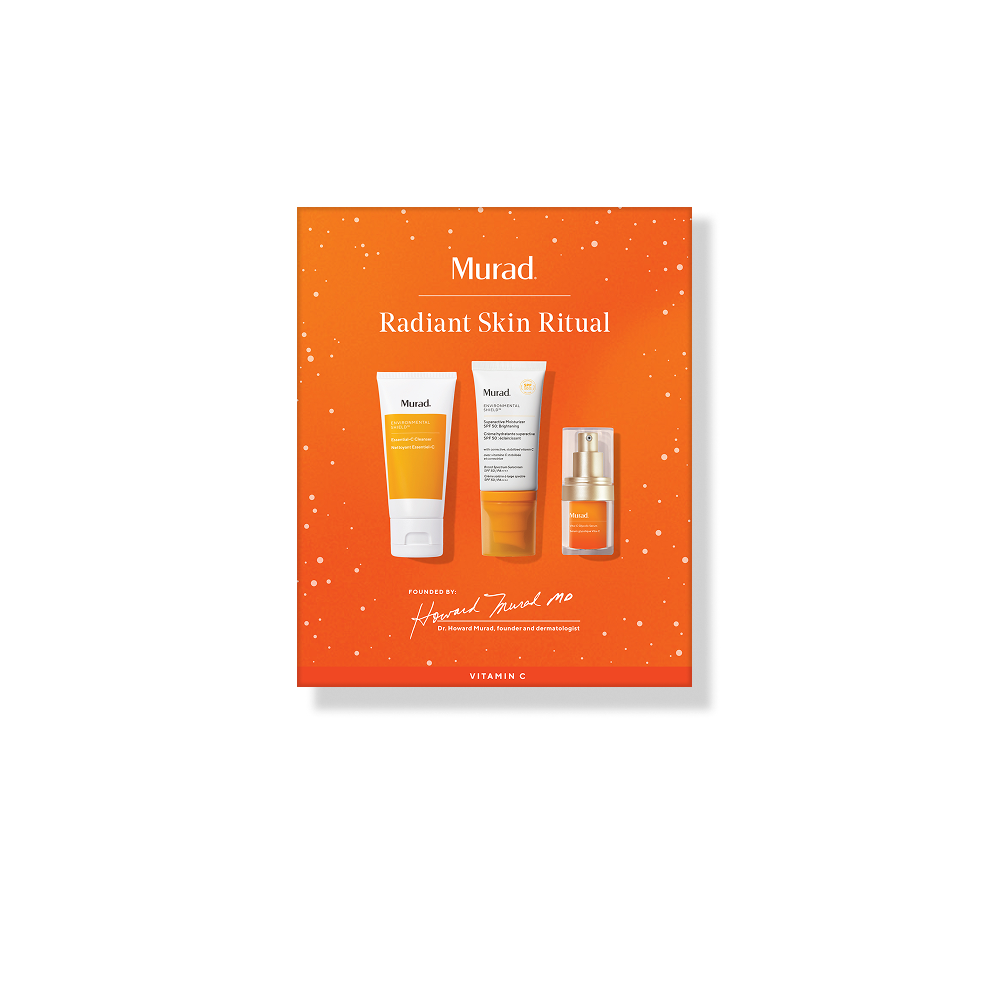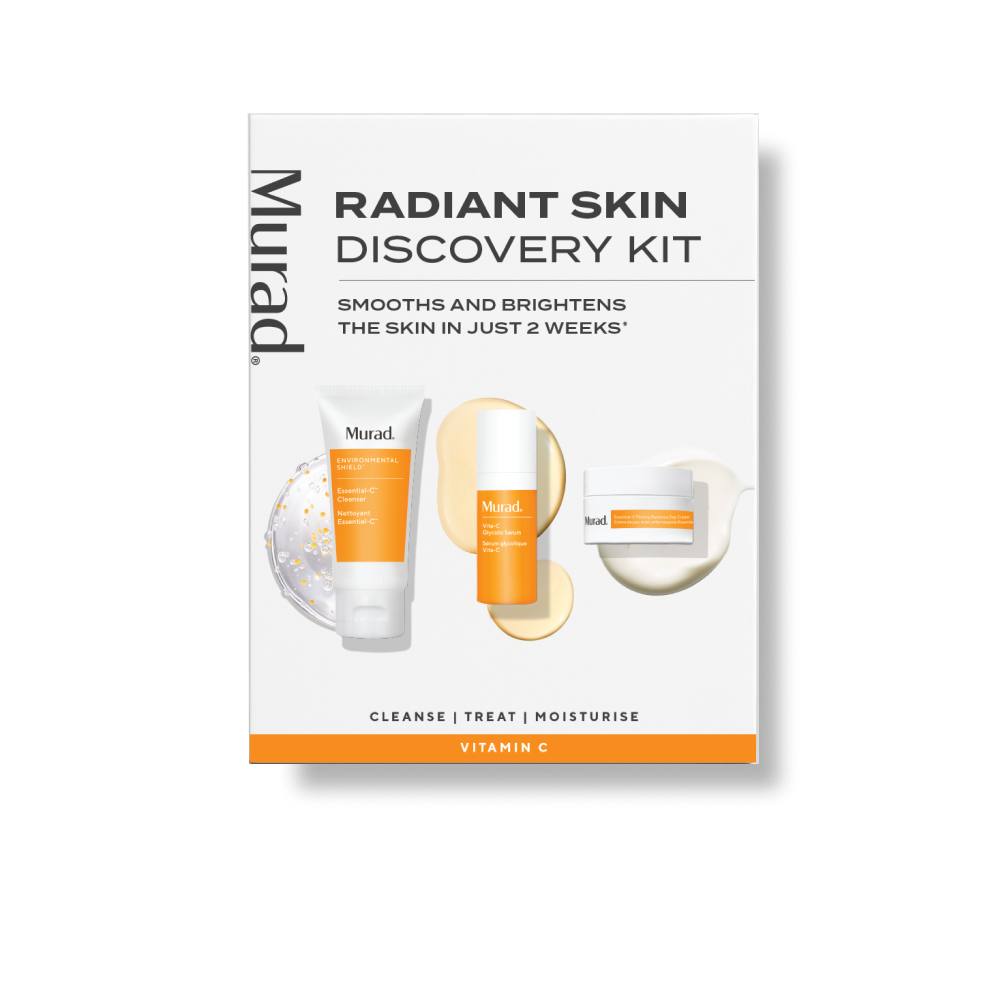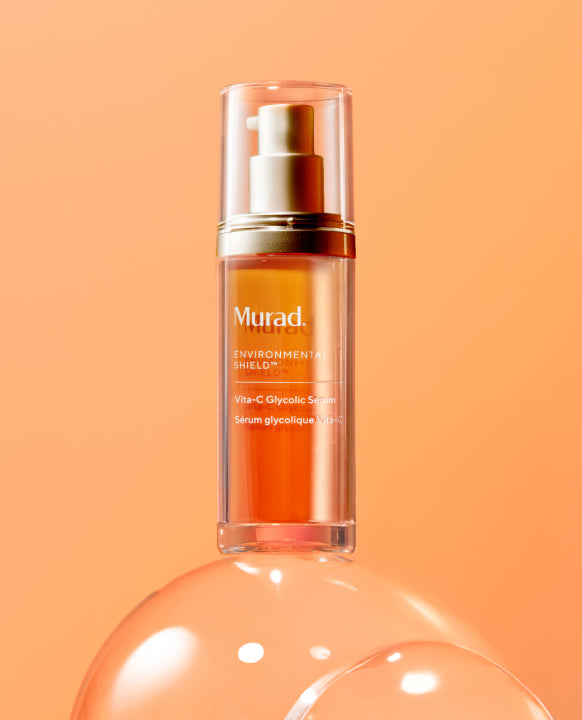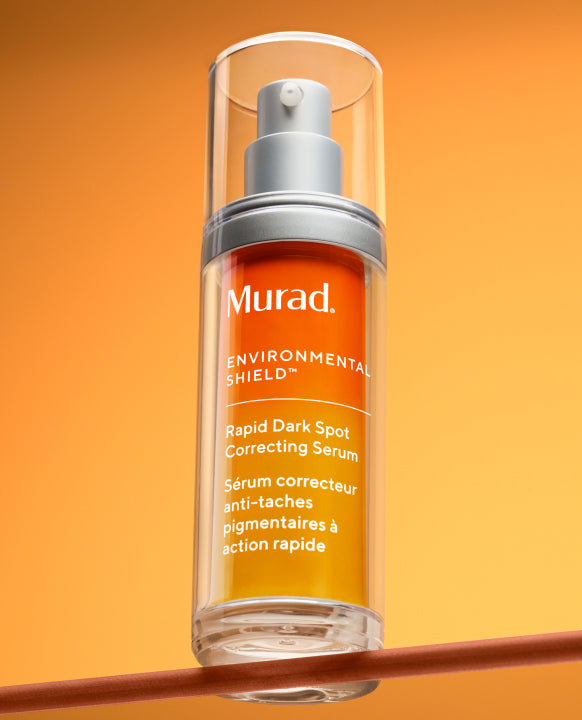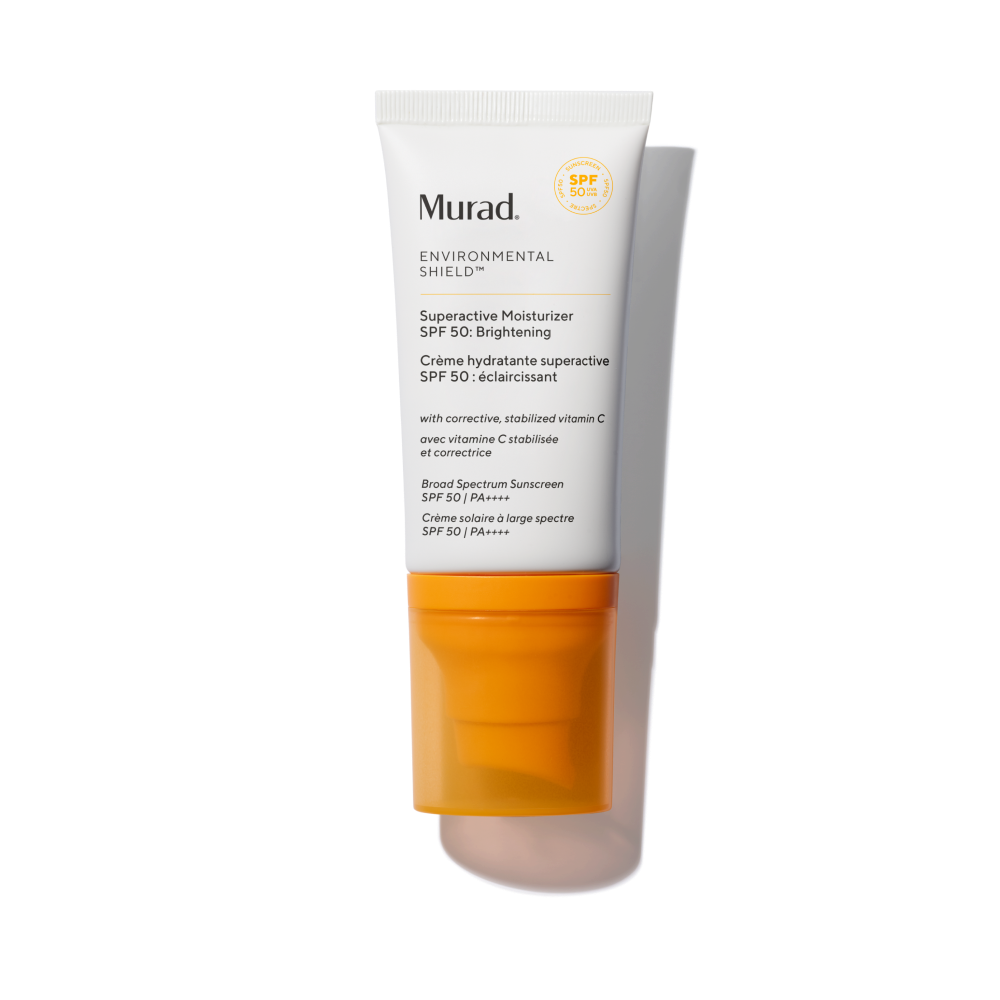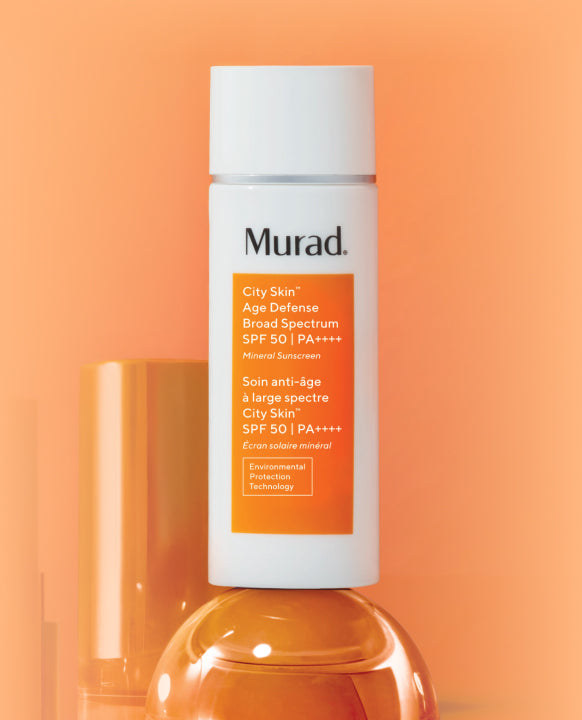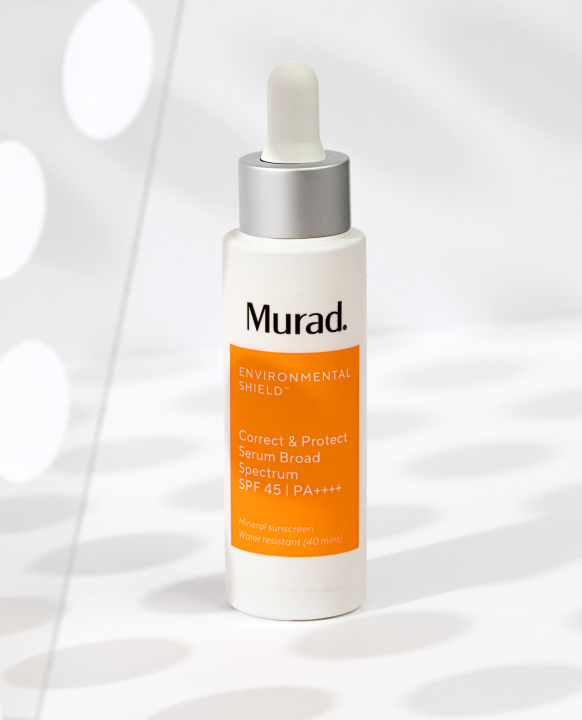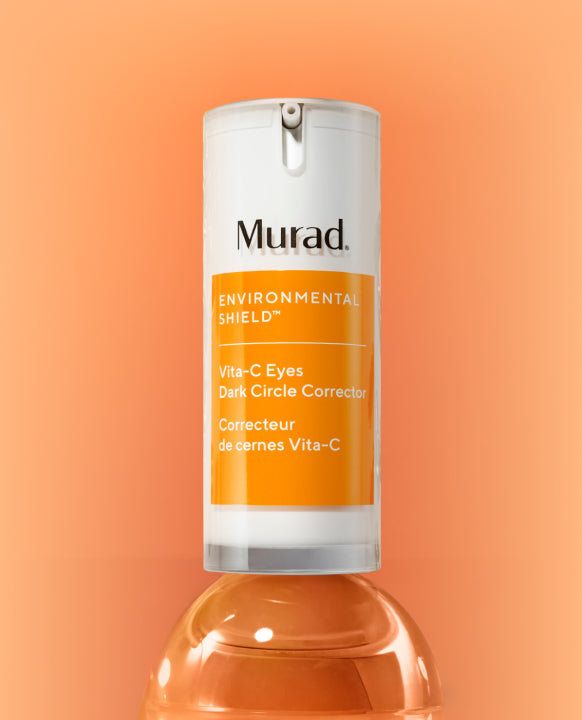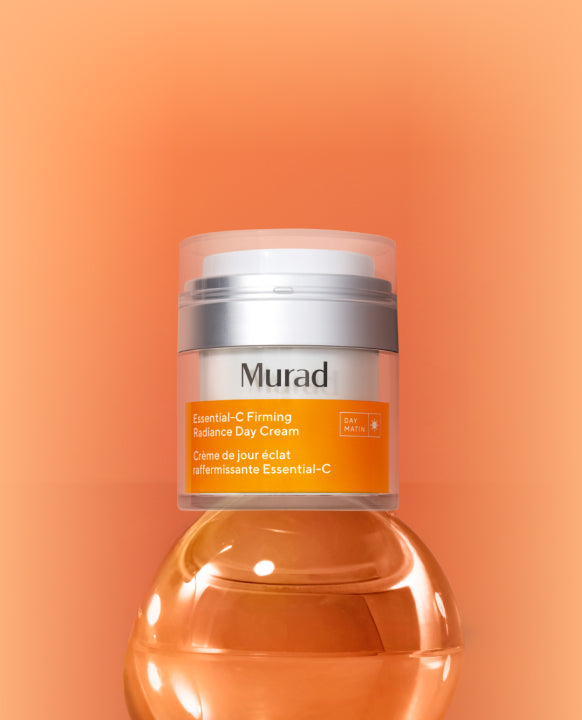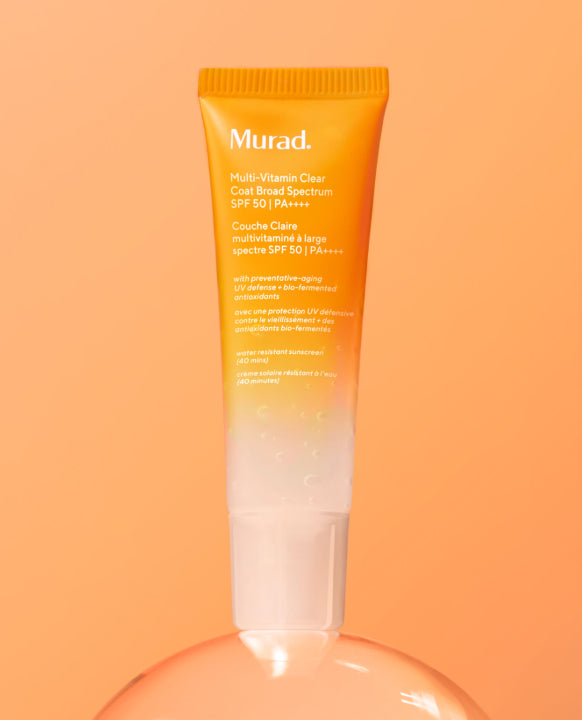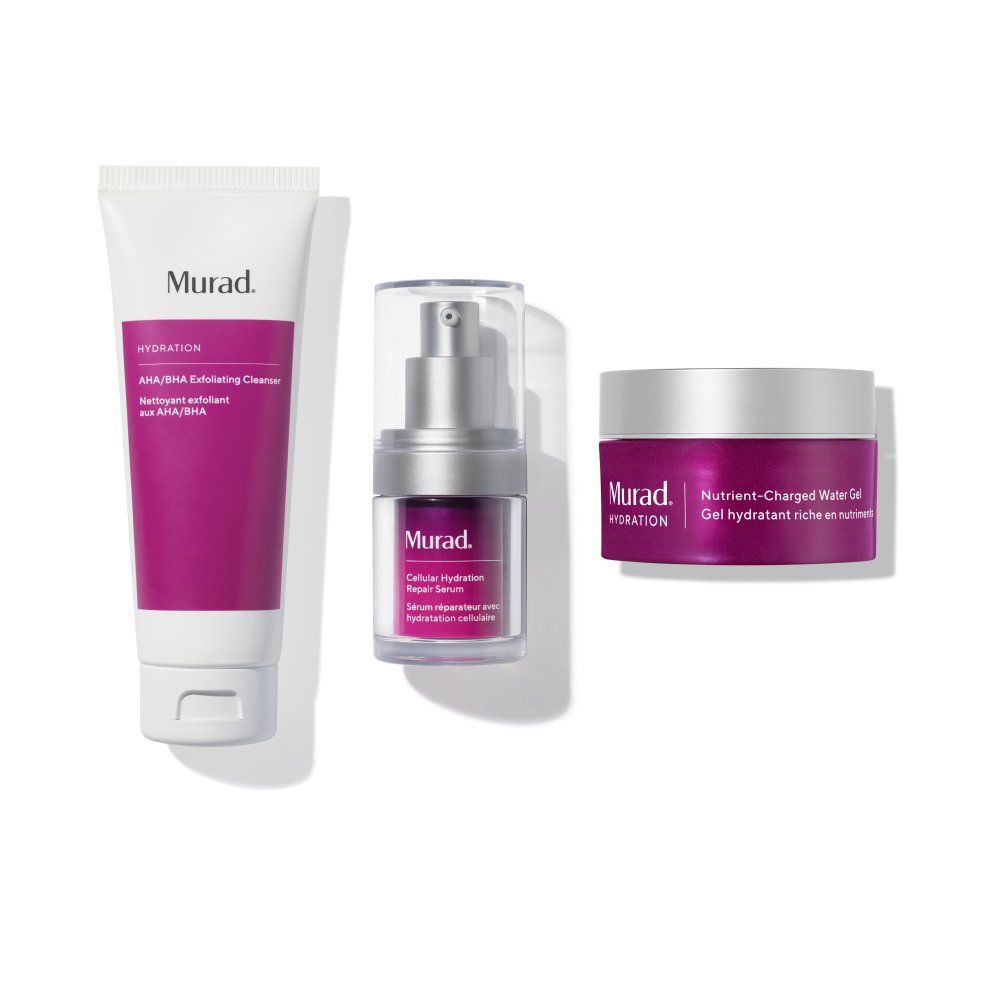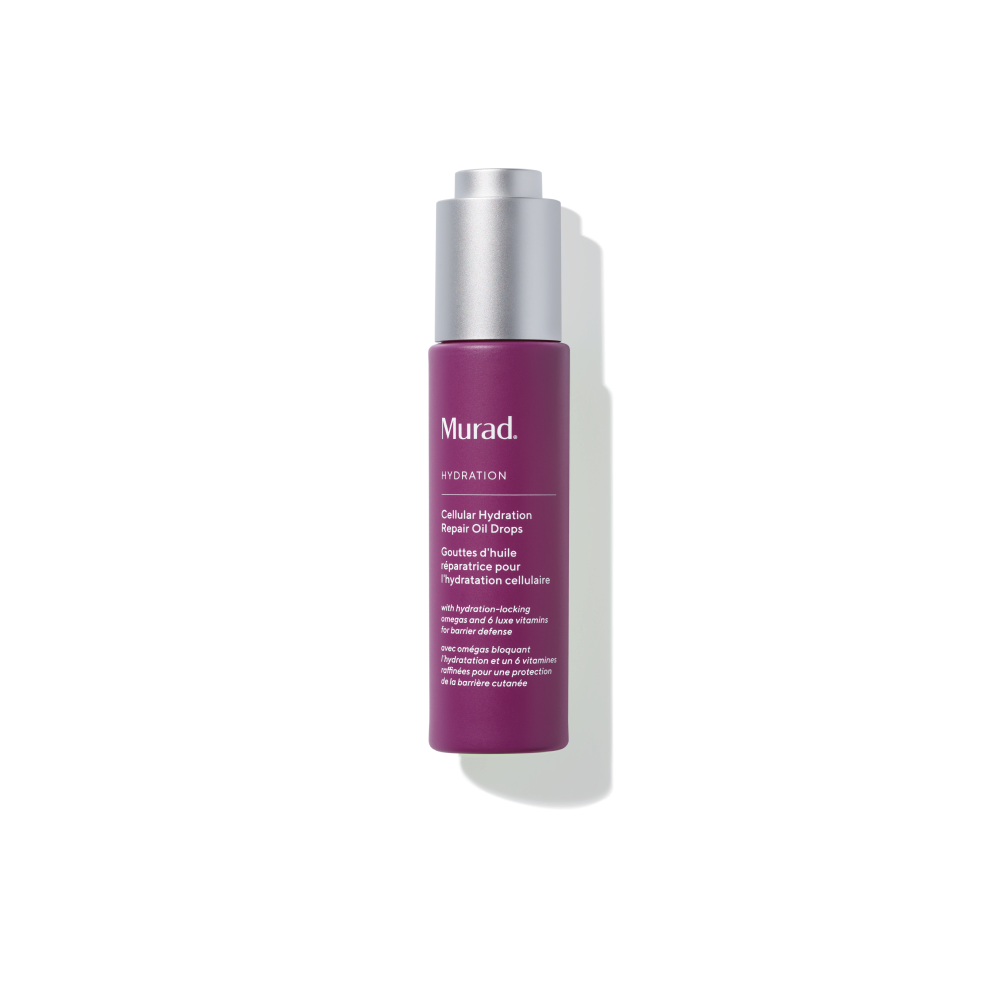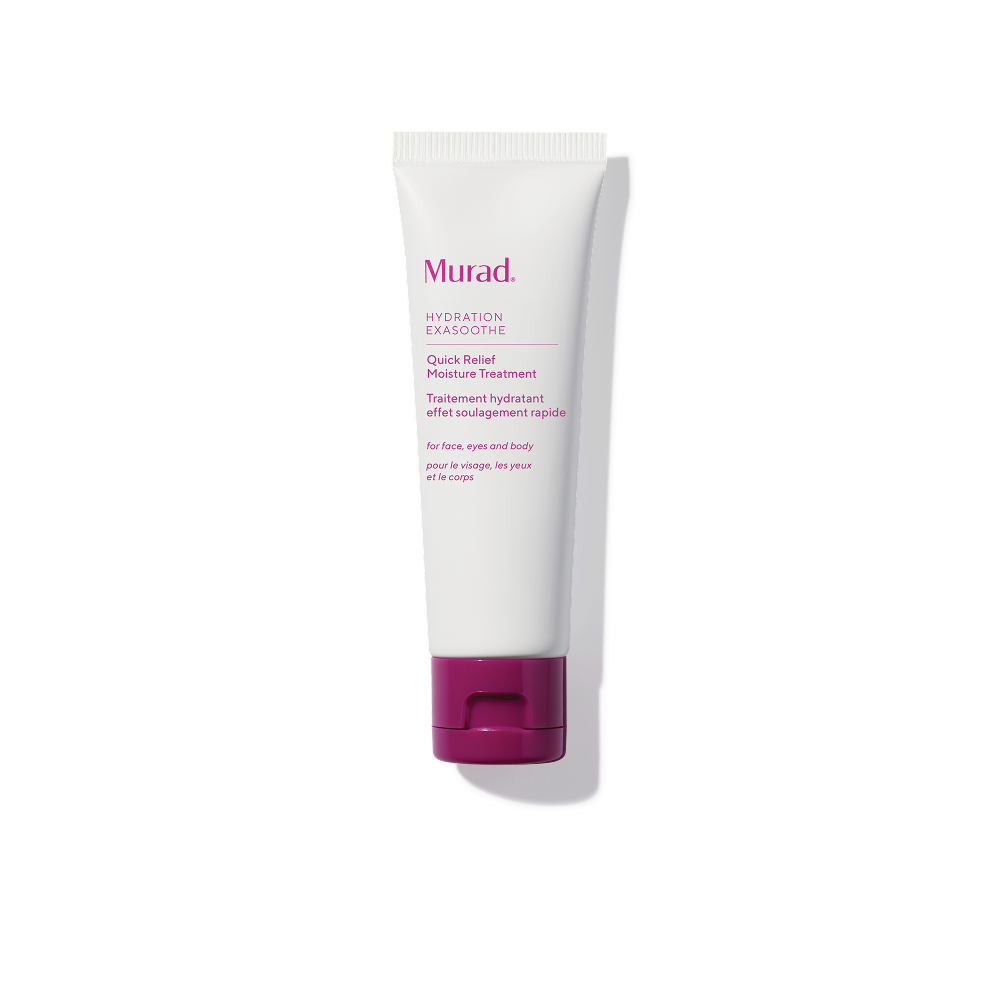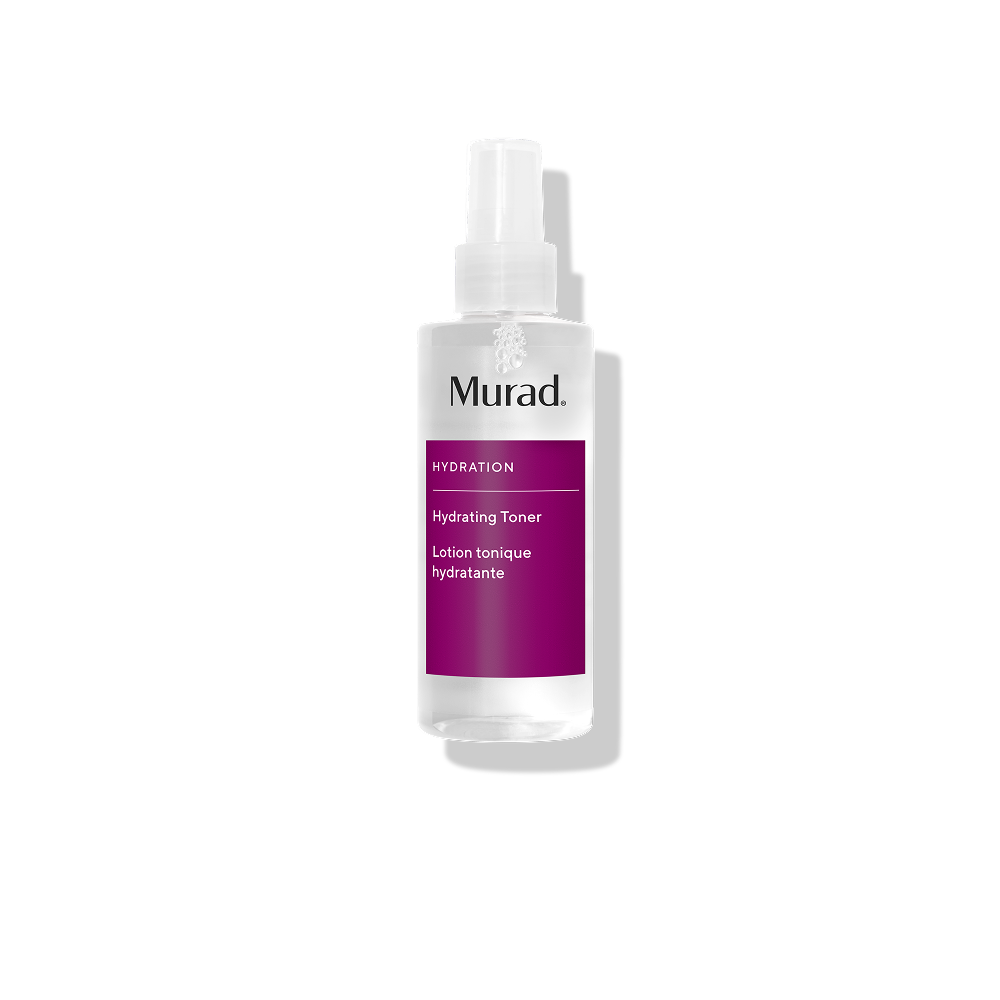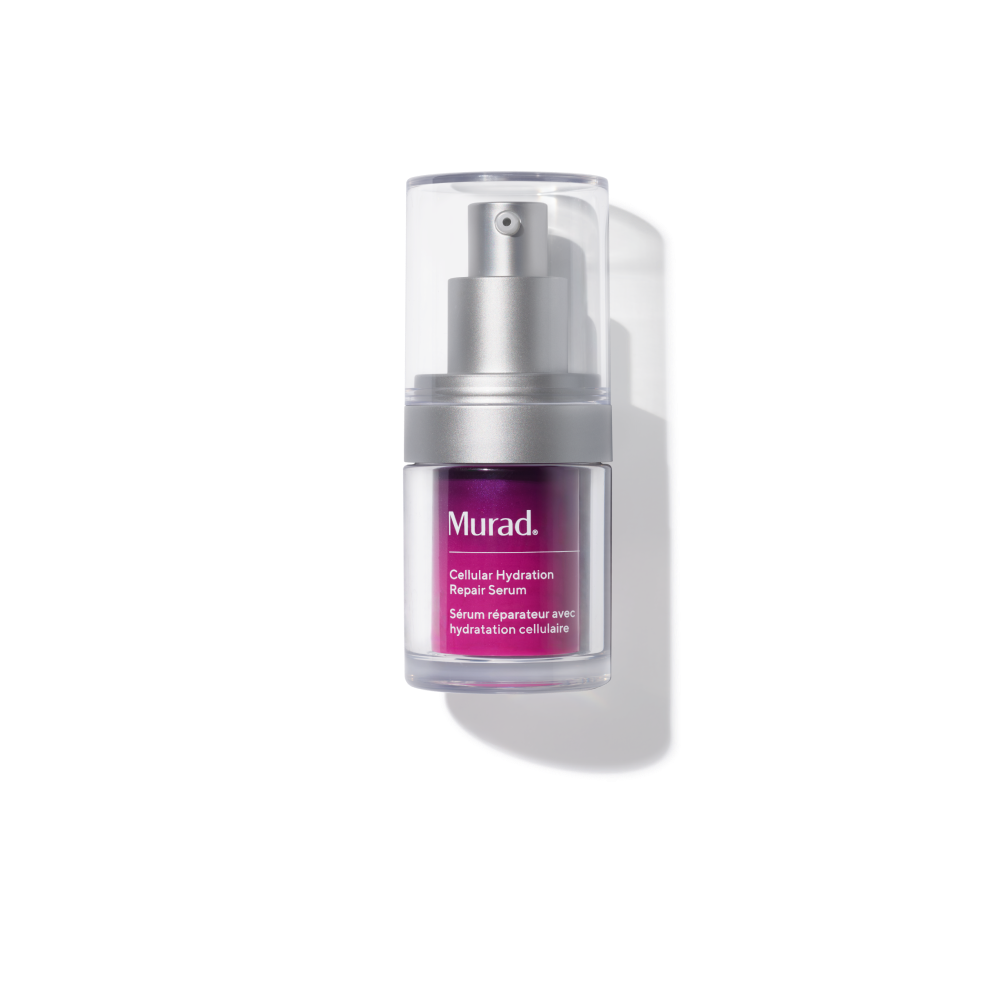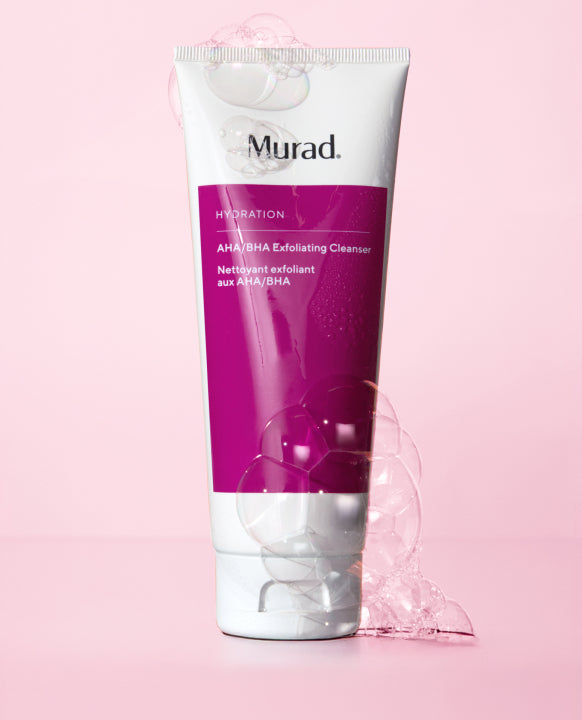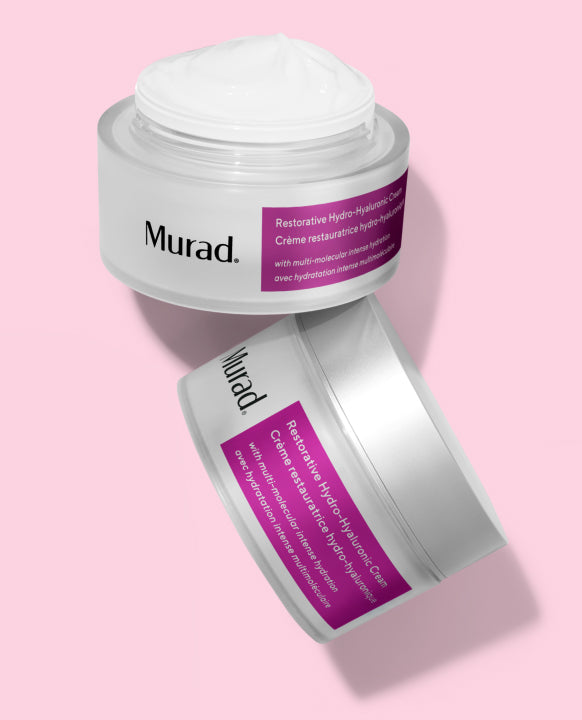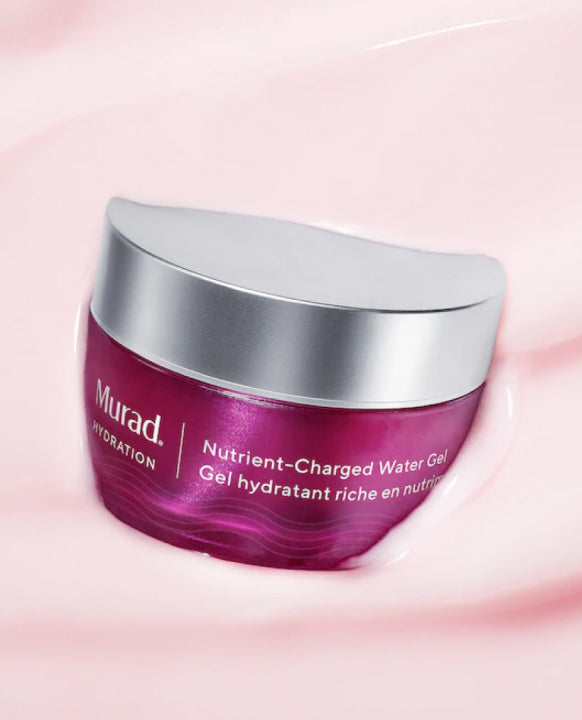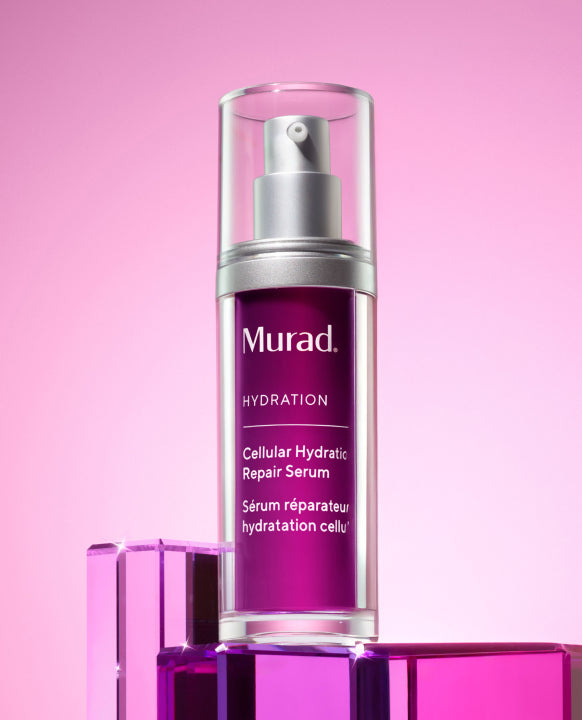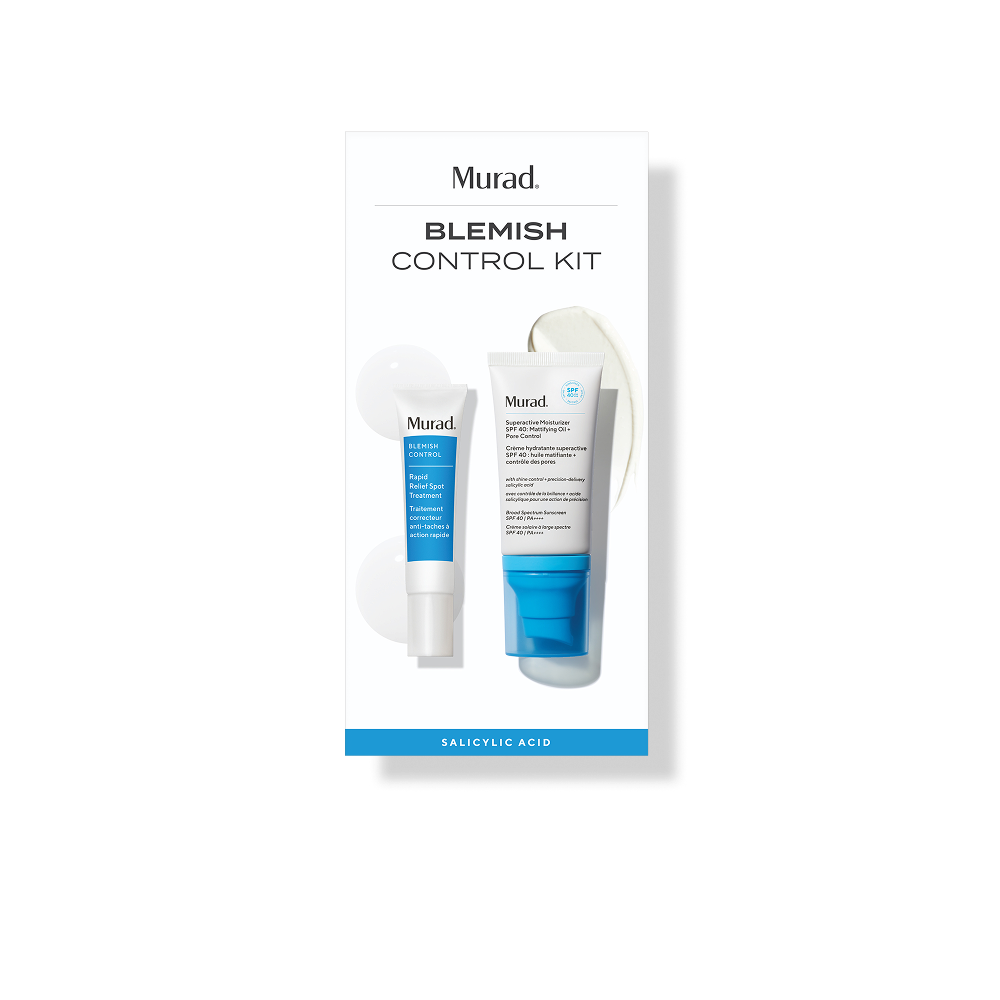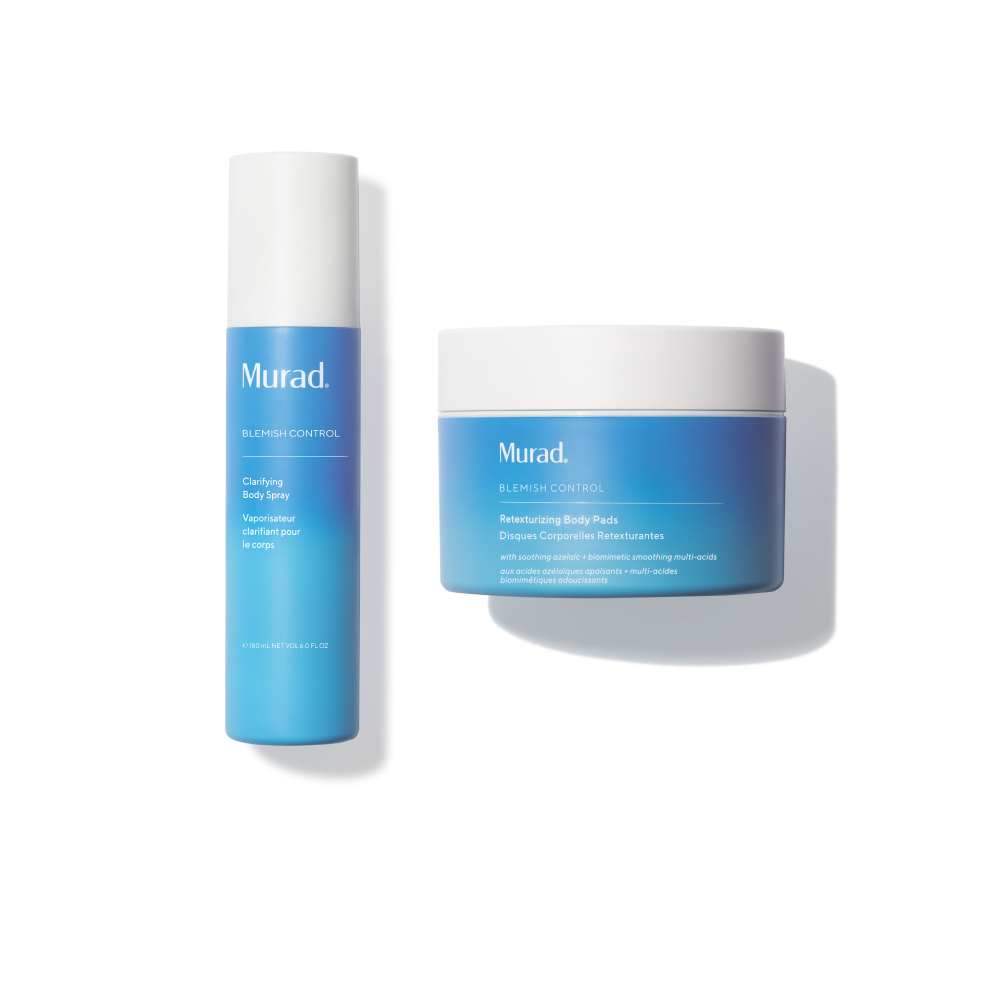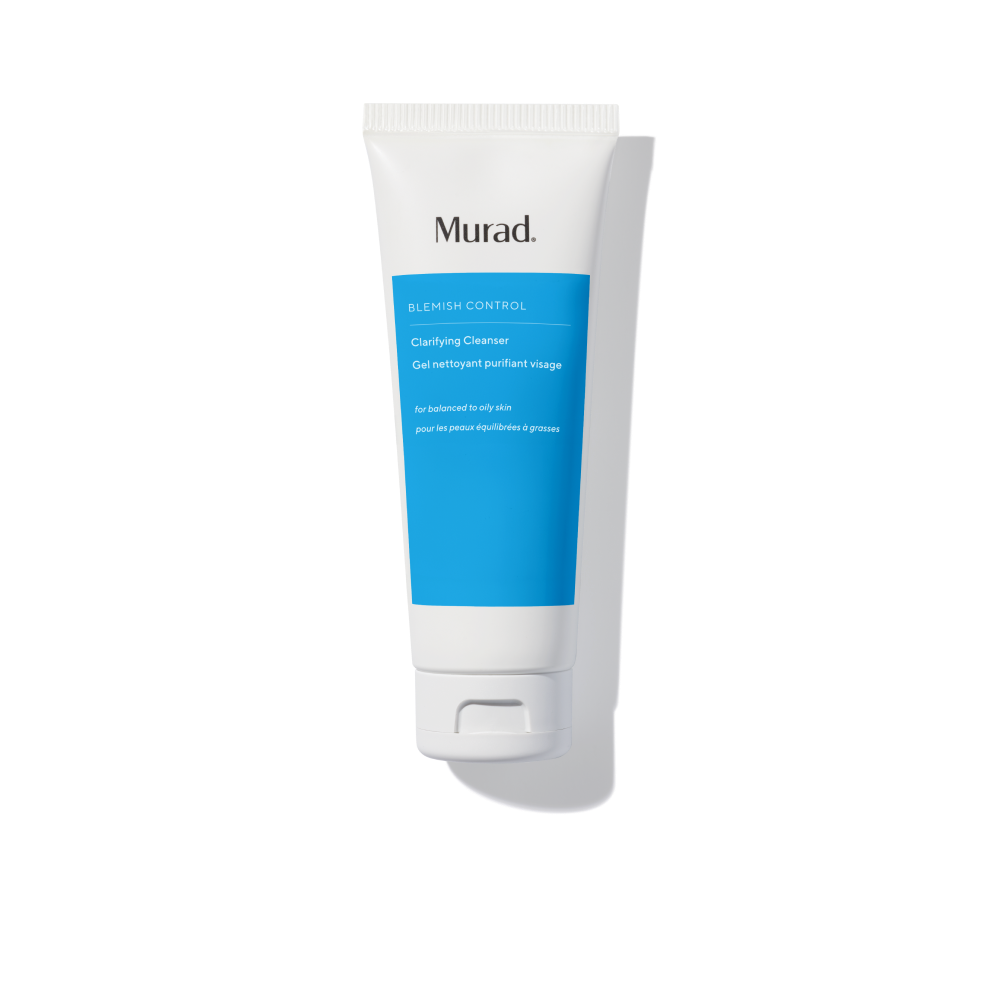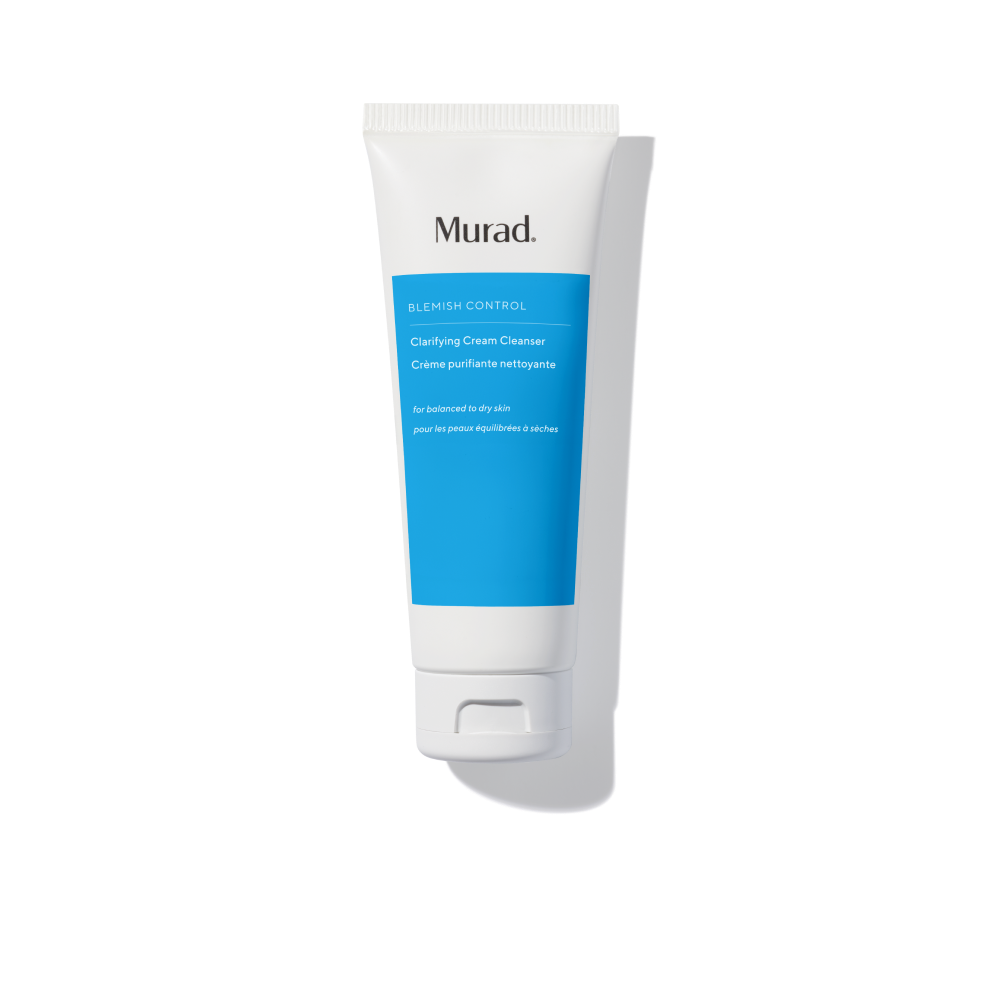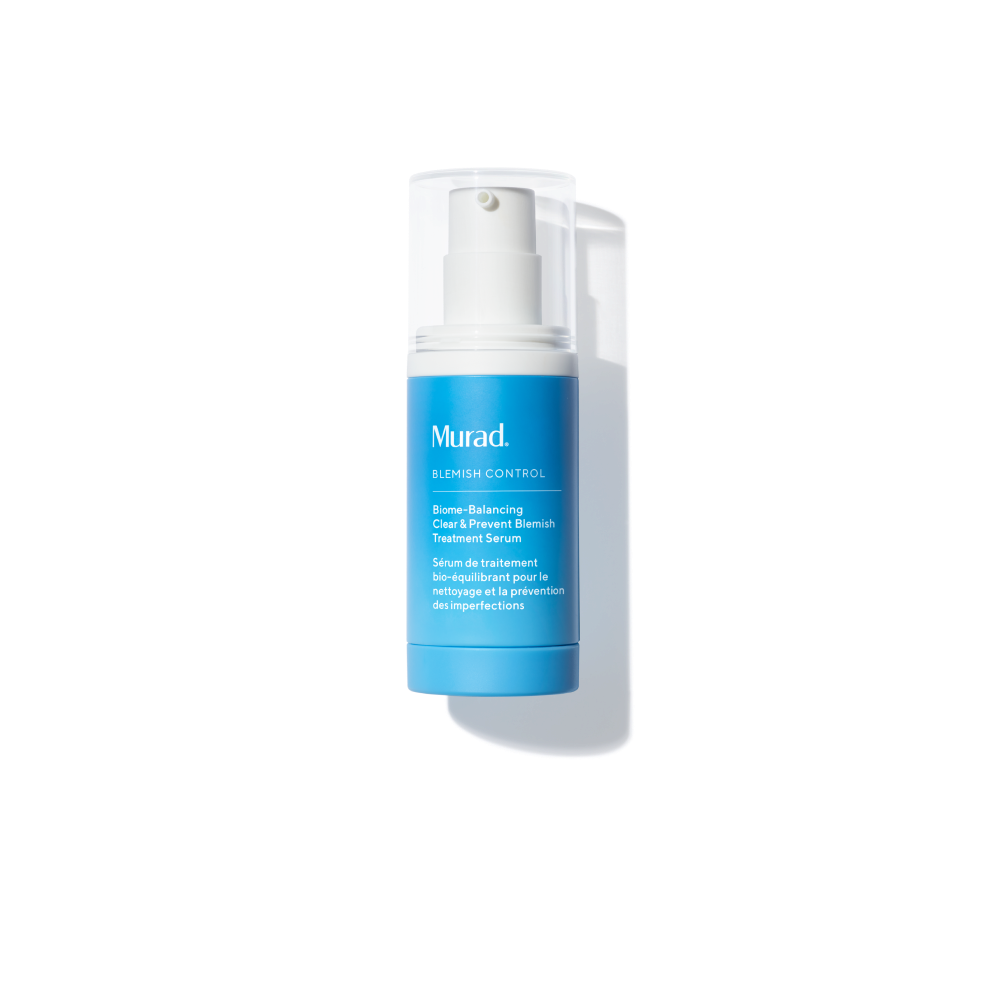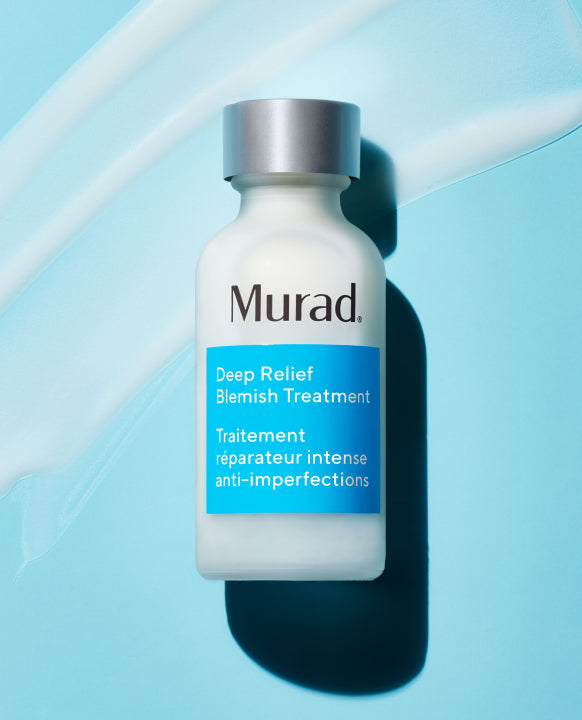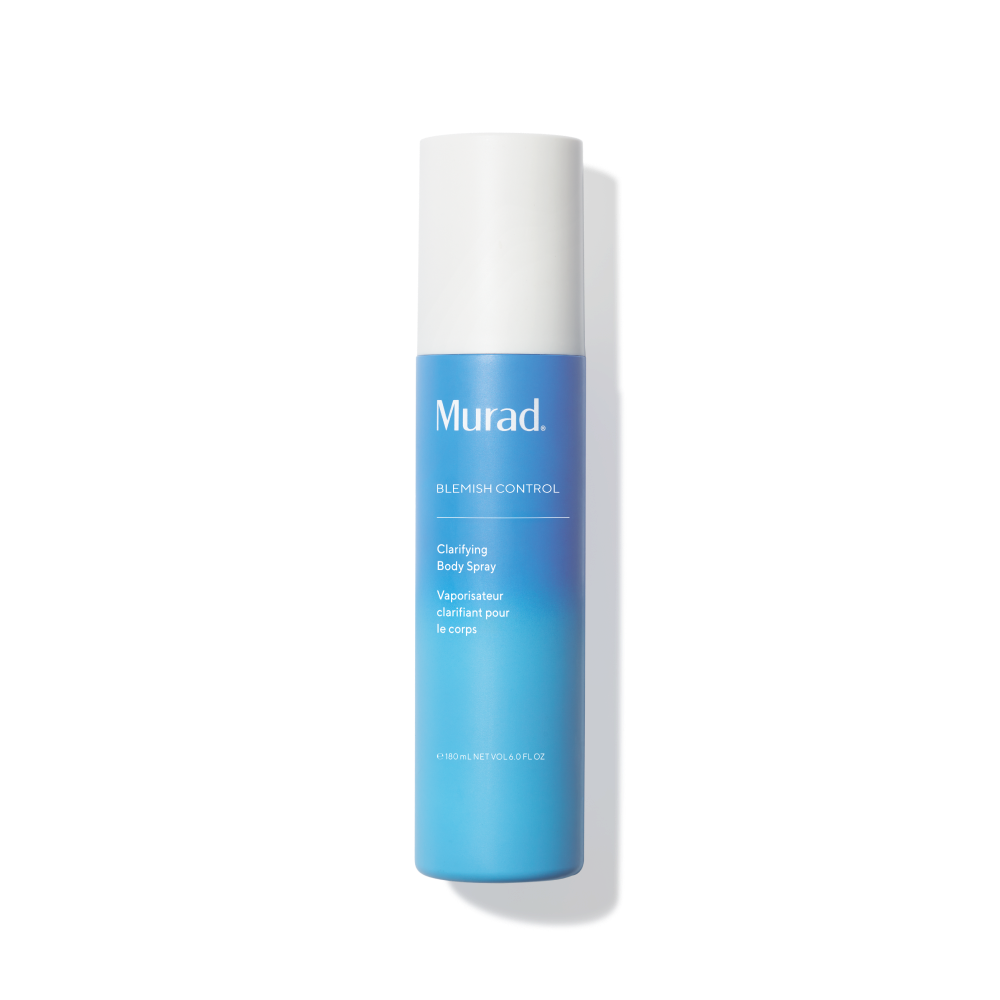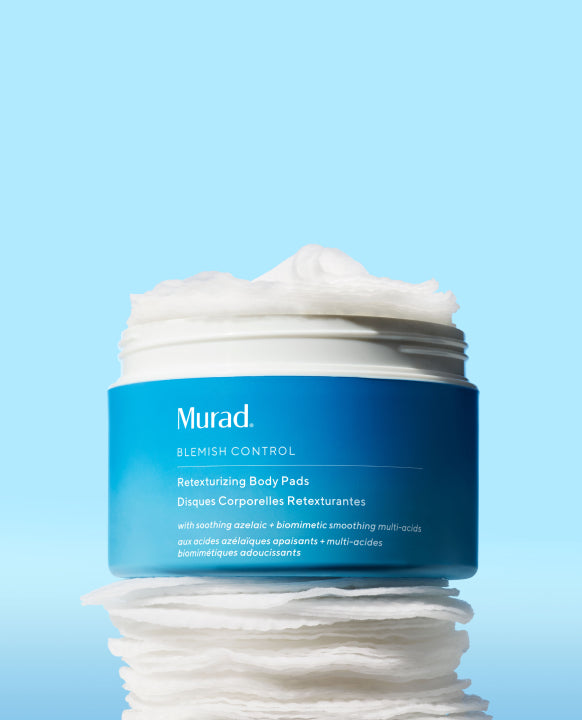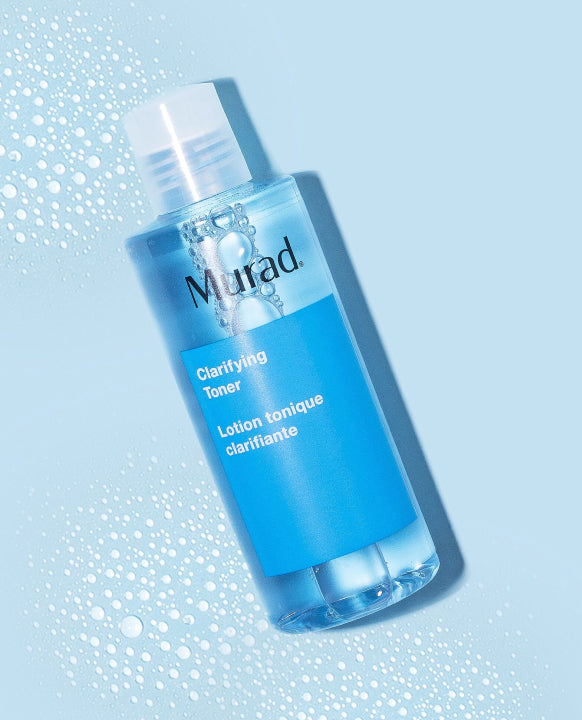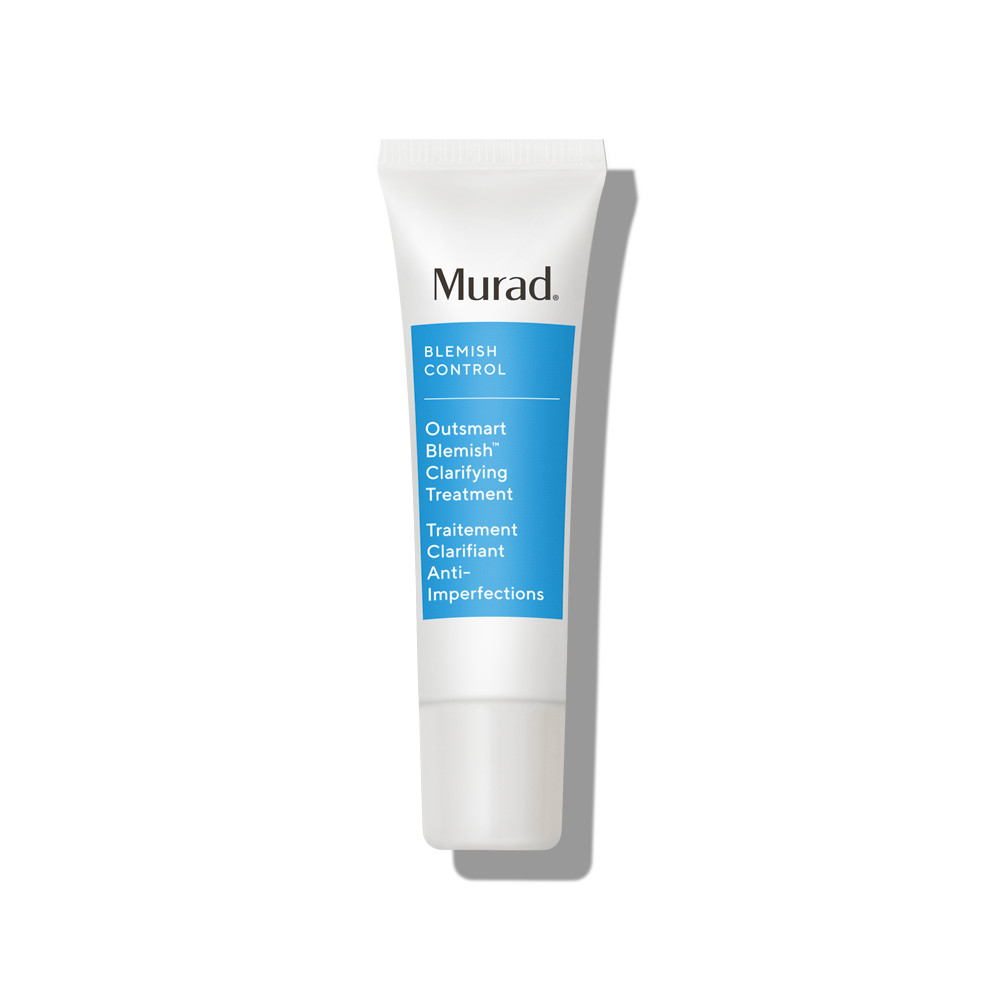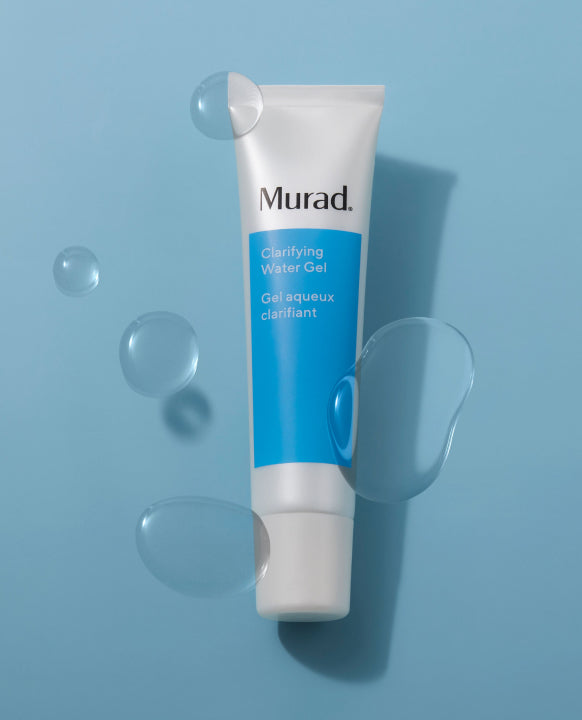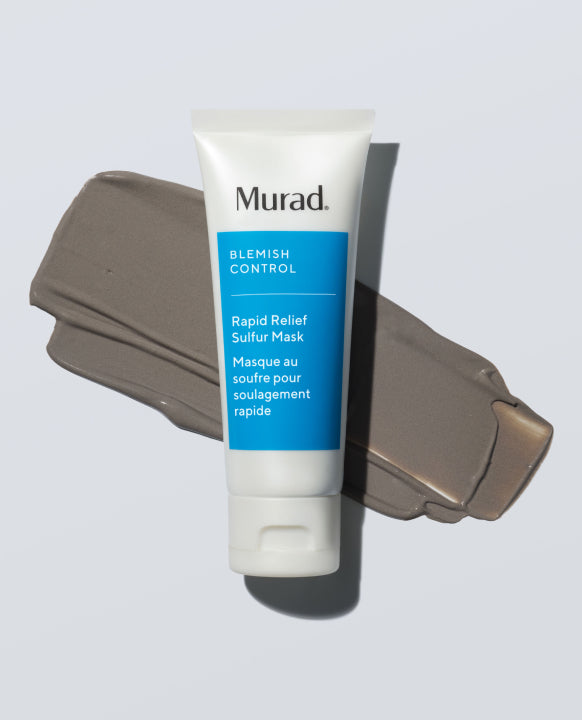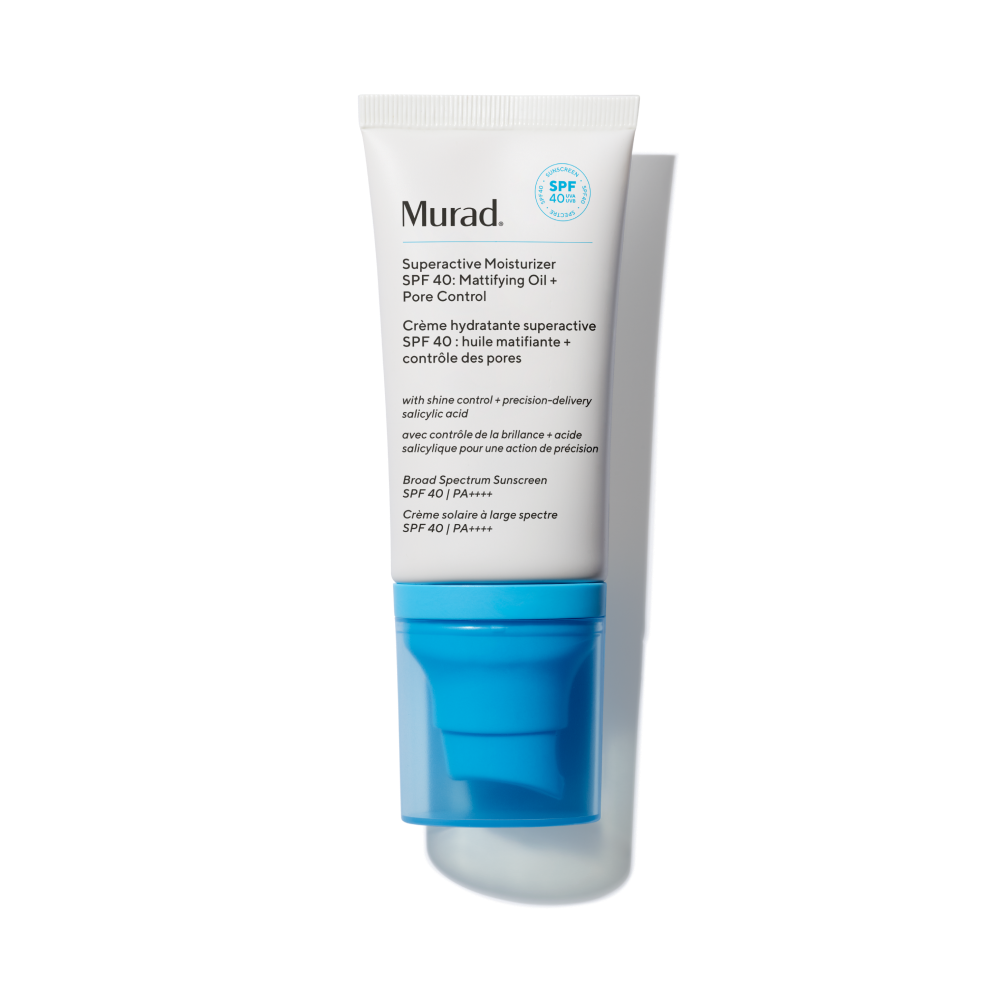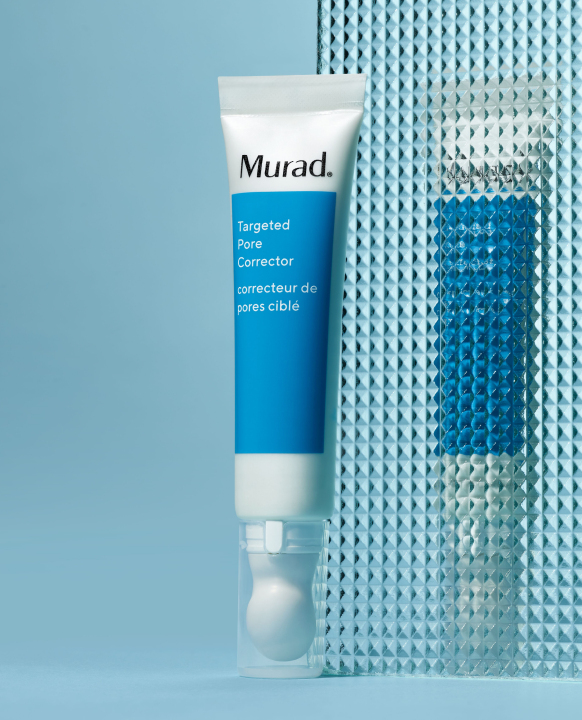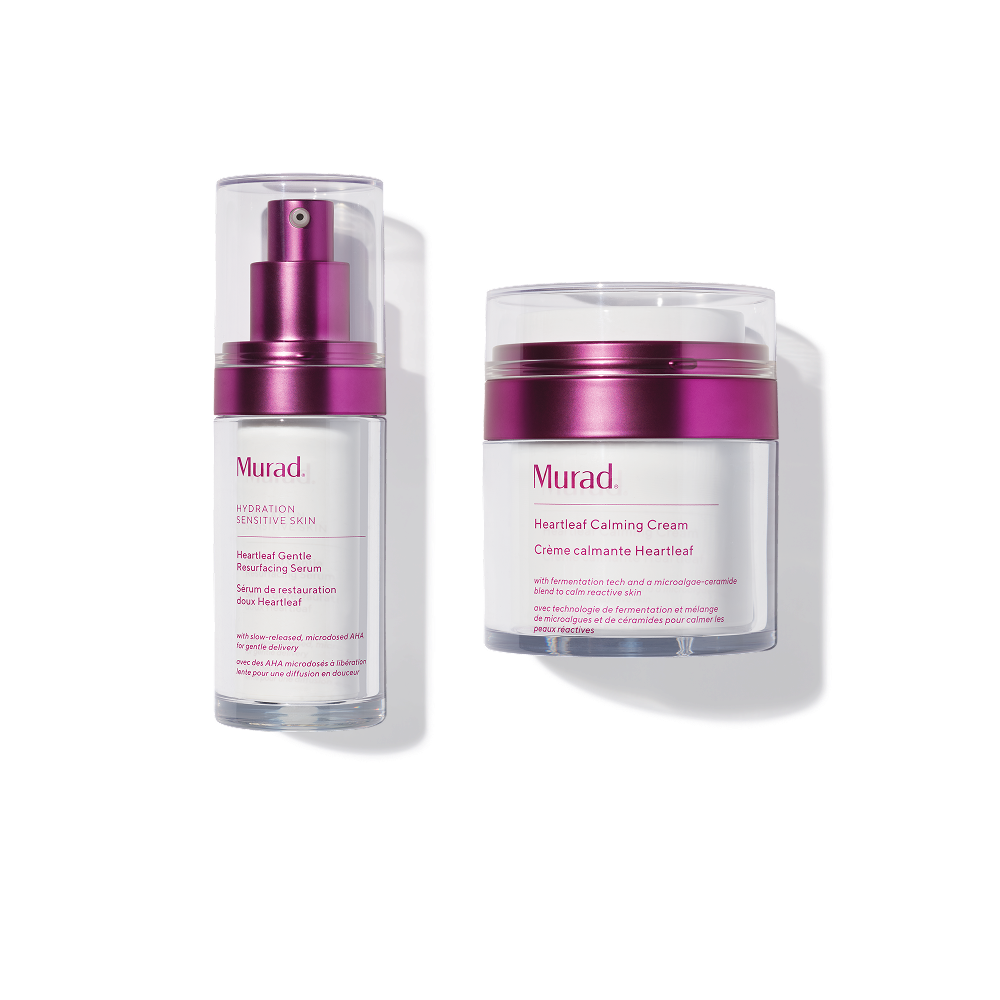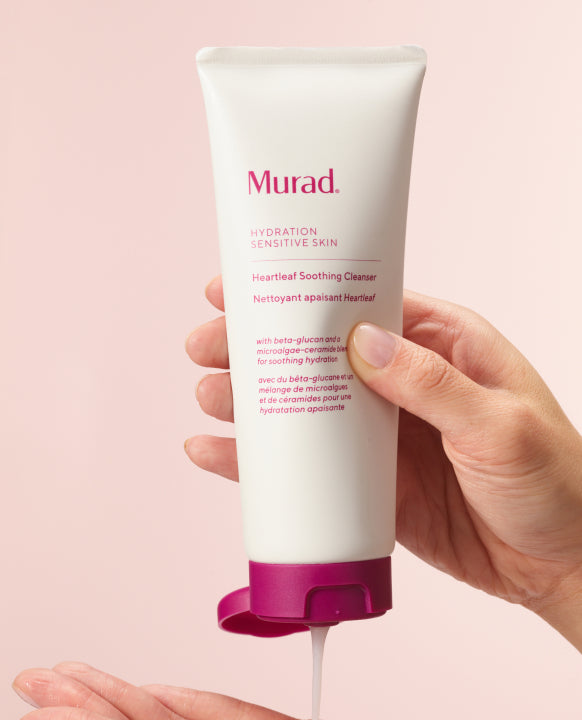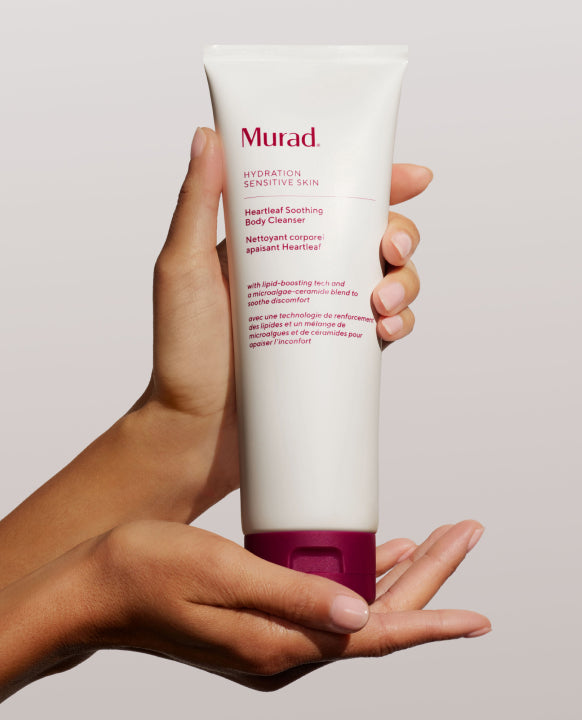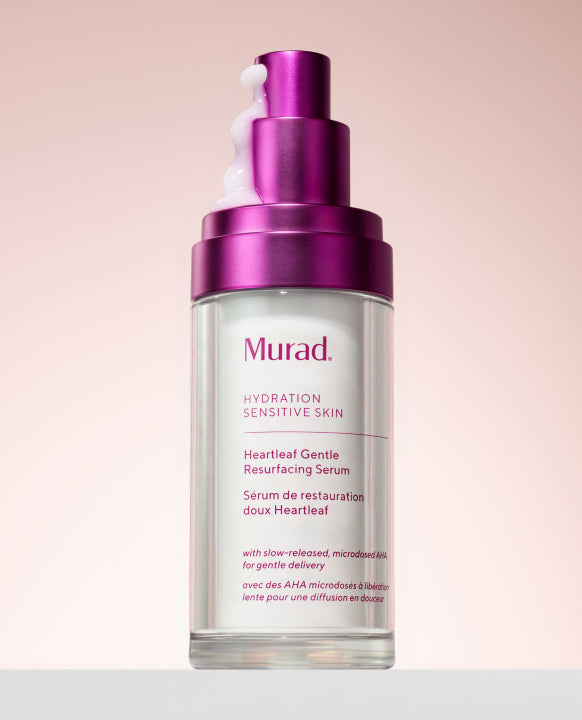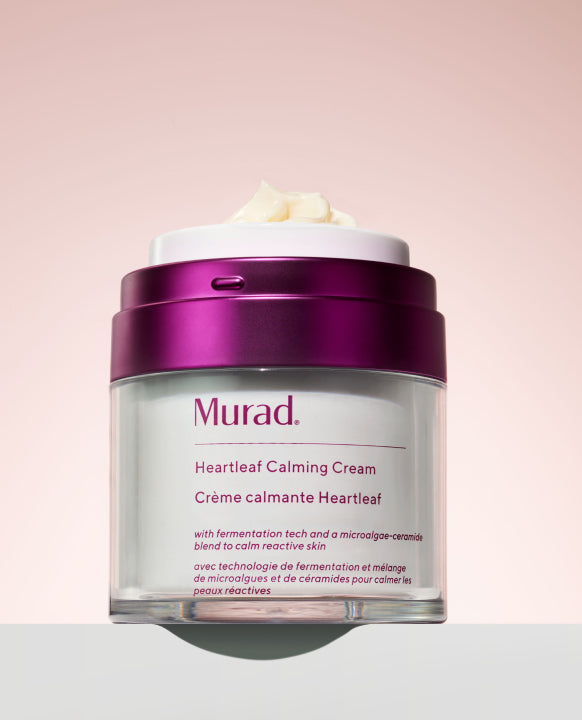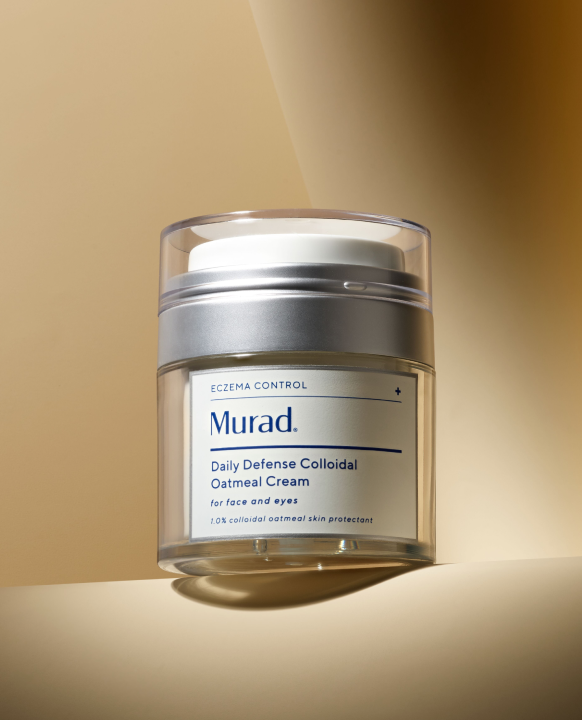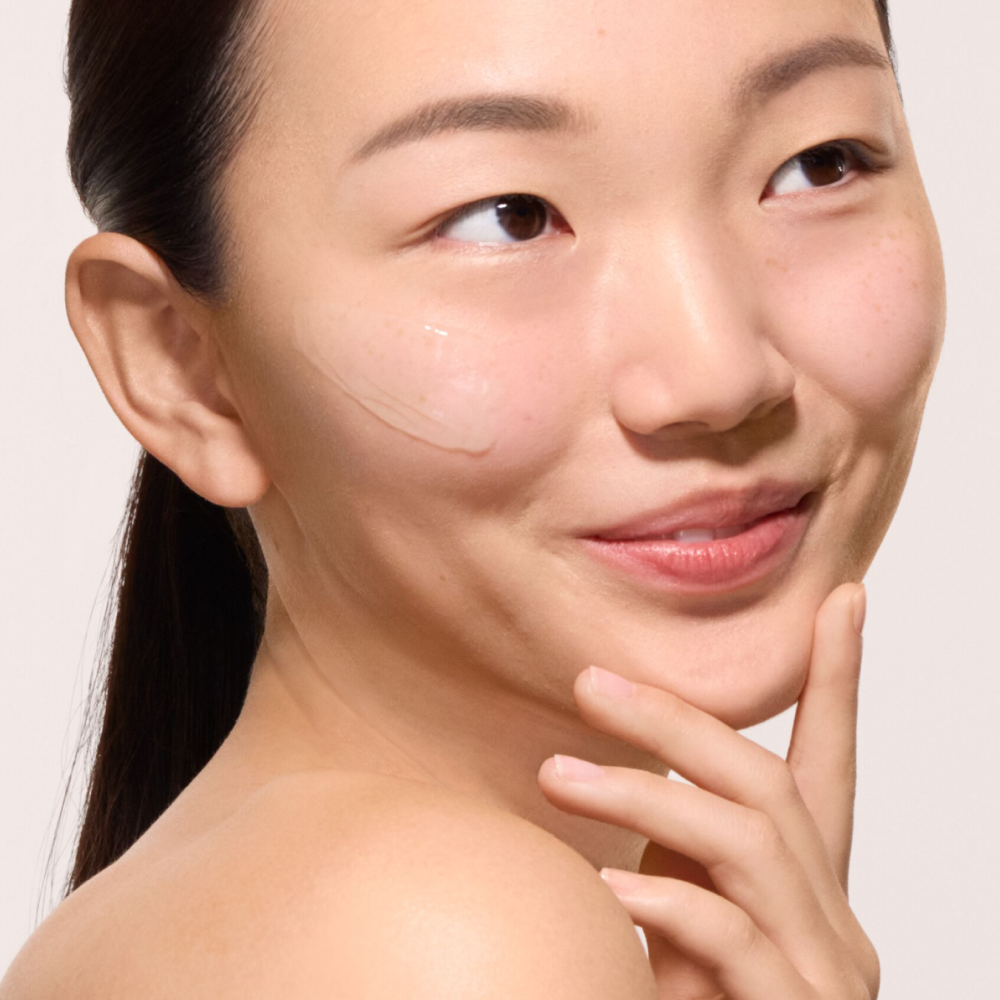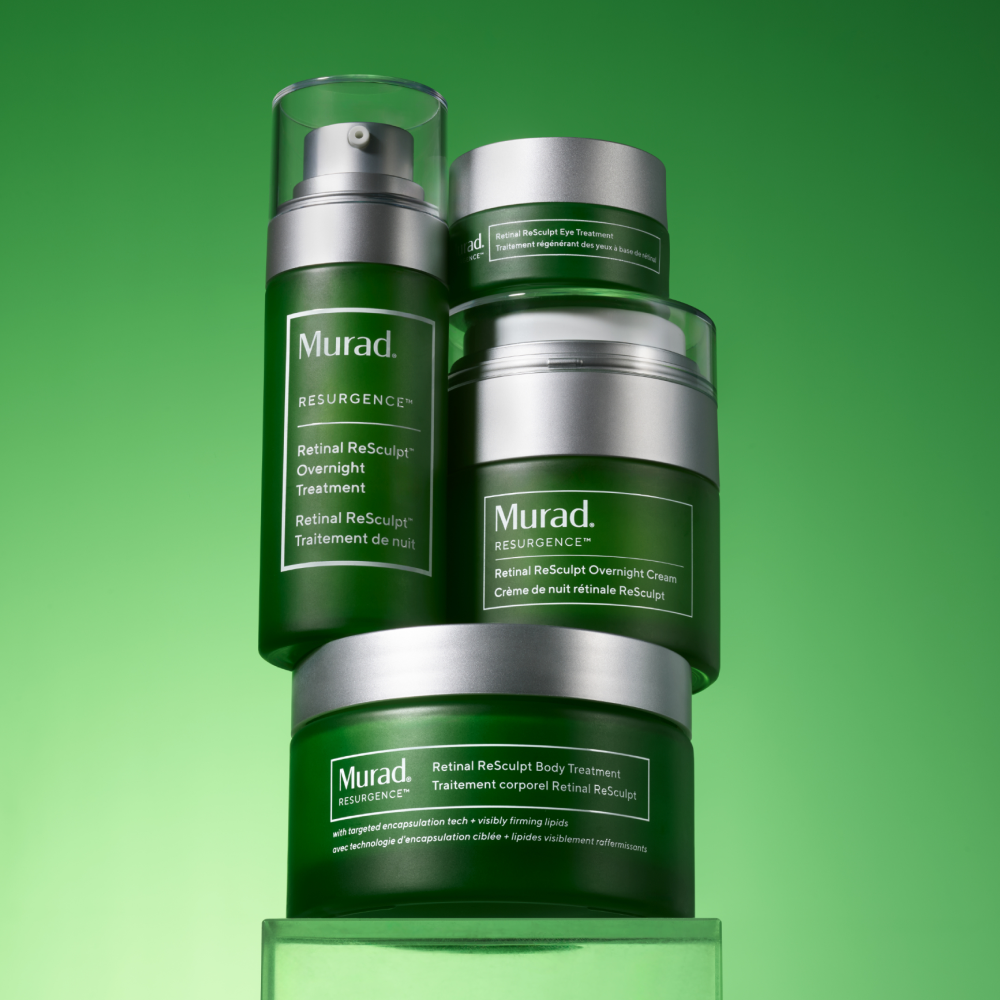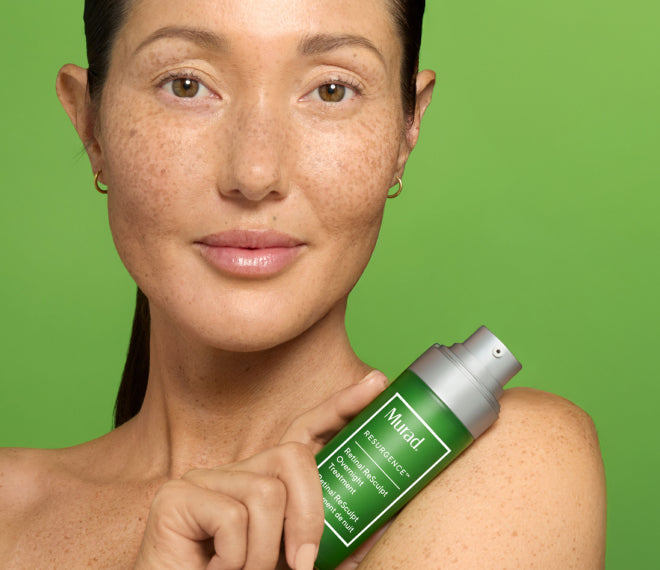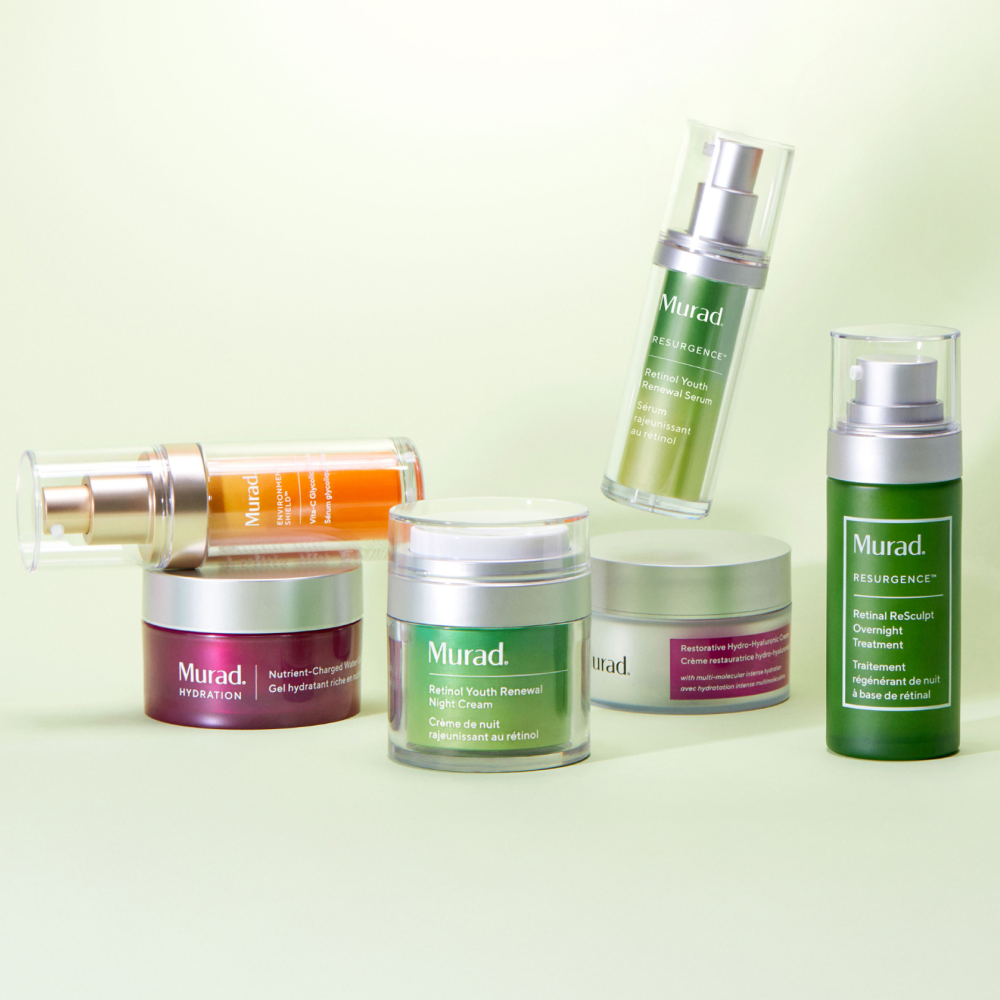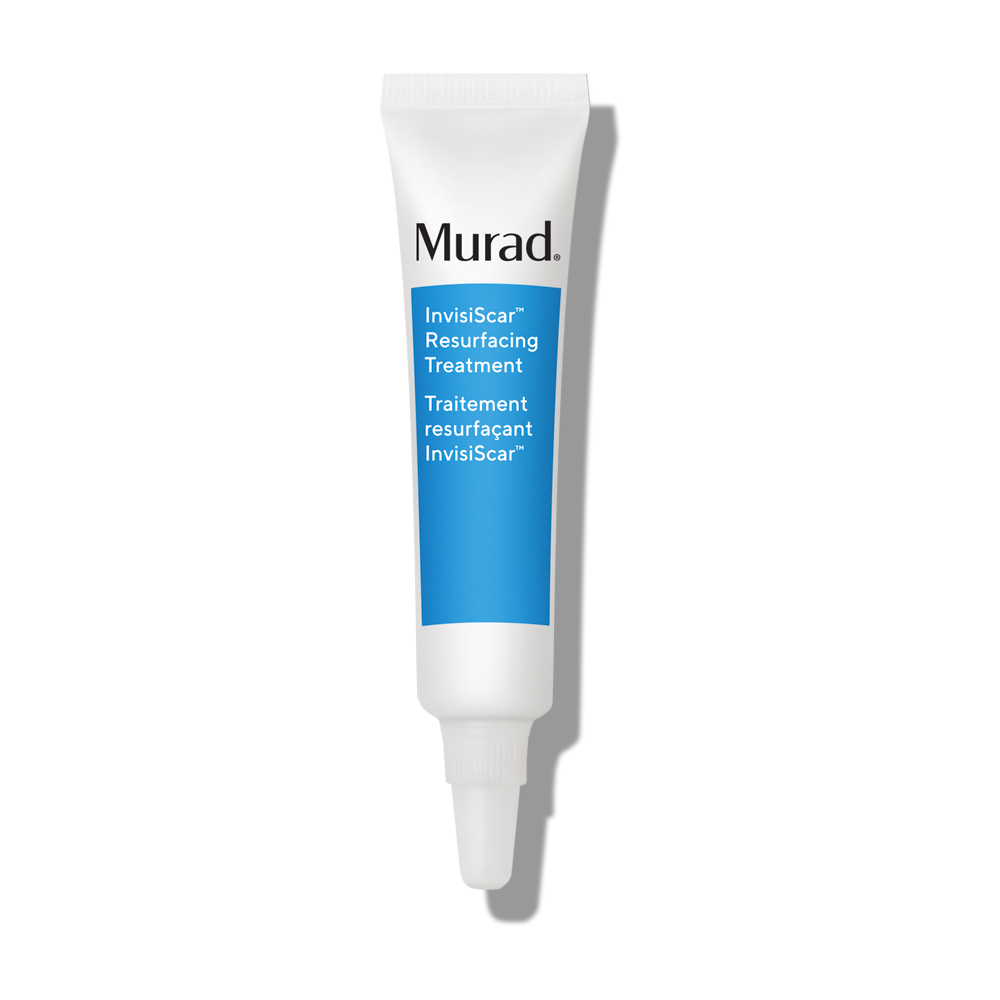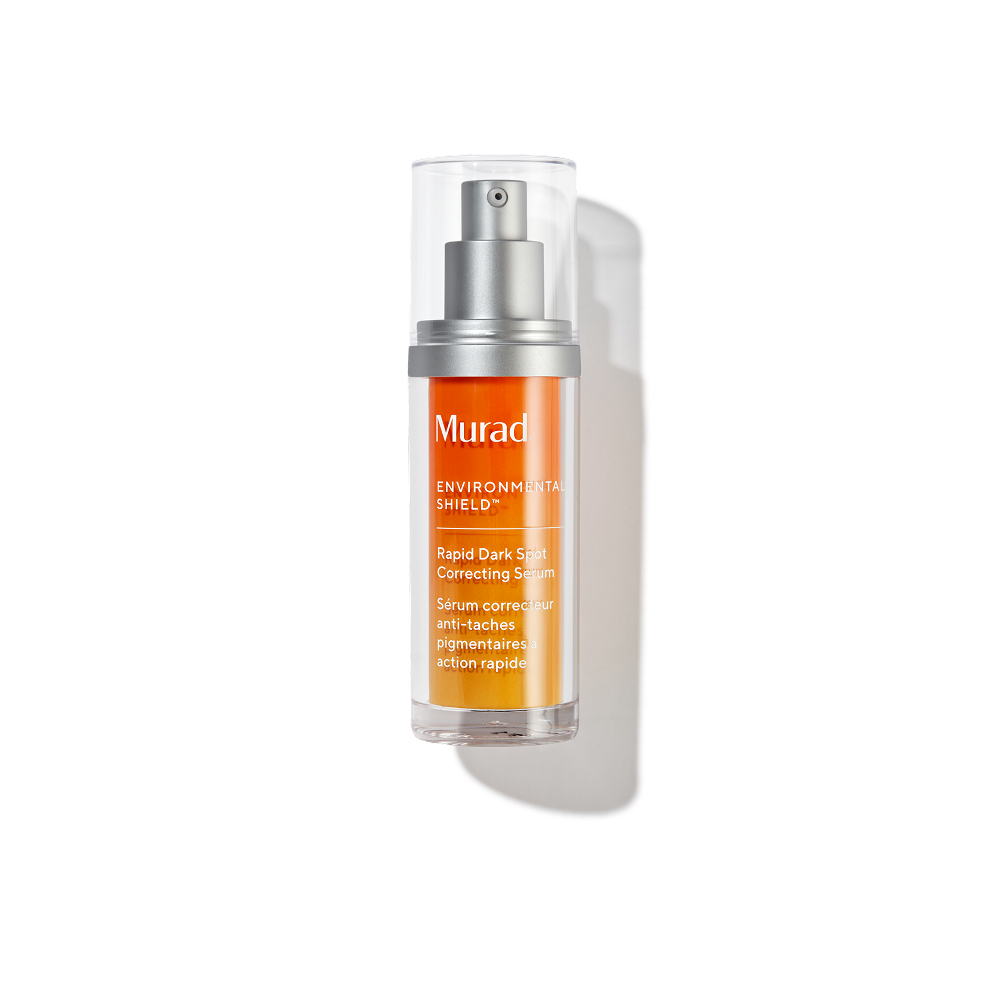The Diversity of Dark Spots
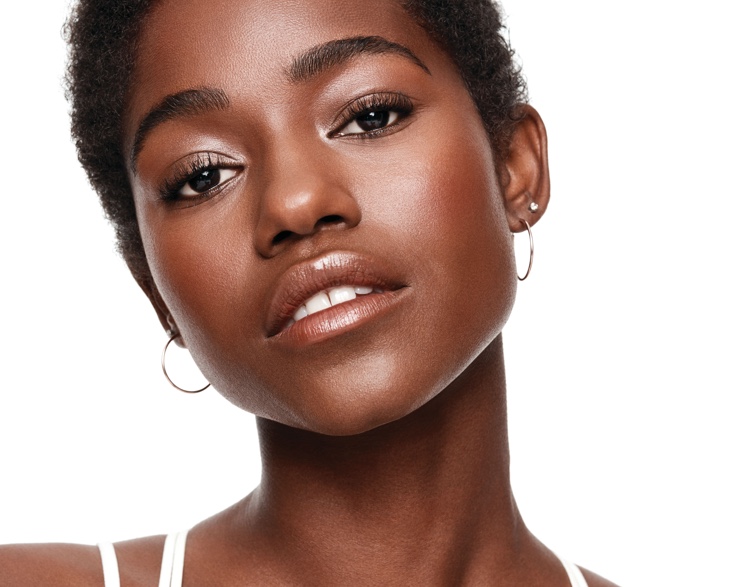
Dark spots may have a common cause (overproduction of melanin in the skin) but there’s nothing similar about their triggers. And, the triggers can vary based on your skin tone. Before you scour the internet for a dark spot serum, it’s important to first know their triggers and their connection to your skin tone.
Skin Tone and Hyperpigmentation
Any skin type can develop dark spots, and while they are part of the natural aging process, certain factors can increase someone’s chances of developing dark spots, including:
- UV exposure
- Pollution
- Hormonal shifts, such as those experienced during pregnancy (Melasma shows as darkened patches mainly in the forehead, cheeks, nose, and upper lip)
- Trauma or injury to the skin, like post-blemish scarring, cuts, or shaving
- Medications that are known to cause pigmentation
- Ageing (As with most processes in the body, ageing decreases the skin’s natural ability to combat the damage from UV rays, and melanin pigment production can deposit/accumulate unevenly and result in the formation of visible dark spots, also known as age spots or sun spots.)
Depending on your skin tone, you may be more likely to struggle with different forms of hyperpigmentation, even though it can affect all skin tones.
The Relationship Between Skin Colour and Types of Hyperpigmentation
Lighter skin tones: While lighter skin tones have less melanin, they are more commonly affected by dark spots induced by excessive UV exposure/damage. These skin types can also be affected by melasma (also known as cholasma, A.K.A. the mask of pregnancy, which can also be induced by birth control pills). Melasma shows as darkened patches mainly in the forehead, cheeks, nose, and upper lip.
Medium skin tones: Medium skin tones contain more melanin than lighter skin tones and appear fair/beige with golden undertones, olive or light brown. Carotenes present in medium skin tones provide a source of yellow-orange hues. They are less susceptible to freckling, sometimes burn and often tan but they are not immune to dark spots or damage induced by excessive UV exposure. Medium skin tones can be susceptible to hyperpigmentation disorders including PIH (Post-Inflammatory Hyperpigmentation) after injury that results in brown marks, cholasma/melasma, post-blemish scarring, and irregular dark patches.
Melanin-rich (deep) skin tones: Melanin-rich skin tones have a larger quantity of melanin and larger melanosomes which make skin appear brown to dark brown to black. The quantity of melanin in melanin-rich skin tones makes it less susceptible to burning and freckles and likely to tan though it can experience dark spots and skin damage induced by excessive or cumulative UV exposure. It is also more susceptible to hyperpigment production such as PIH triggered by acne, eczema, psoriasis, hair removal, mechanical aggression like shaving or use of facial scrubs, and chemical exposure as well as cholasma/melasma.
A Dark Spot Serum for A Wide Range of Skin Tones
As the clinical authority in brightening for over 30 years, Dr. Murad has developed a next-generation dark spot solution that leverages patented technology to effectively minimise the look of the dark spots you see and the ones you don’t see yet—on a multitude of skin types and tones.
Rapid Dark Spot Correcting Serum with patented resorcinol technology and tranexamic acid helps minimise the appearance of hyperpigmentation and uneven skin tone. Glycolic acid, one of the first and most sought-after exfoliants in Dr. Murad’s dermatology practice, removes dulling surface cells for enhanced radiance on all skin tones. With Murad’s dark spot serum, you can take on dark spots regardless of their triggers, and on various skin tones.
Rapid Dark Spot Correcting Serum is not meant to just be used on dark spots, rather it’s designed to be used all over your face to target dark spots and enhance skin brightening. As with any skincare regimen, and especially a dark spot regimen, you should wear an SPF every day, rain or shine, to prevent UV damage that can increase dark spot intensity. And, don’t forget to eat a water-rich diet of fruits and veggies packed with antioxidant vitamin C (pineapple and watermelon are two top picks that also satisfy your sweet tooth!).
